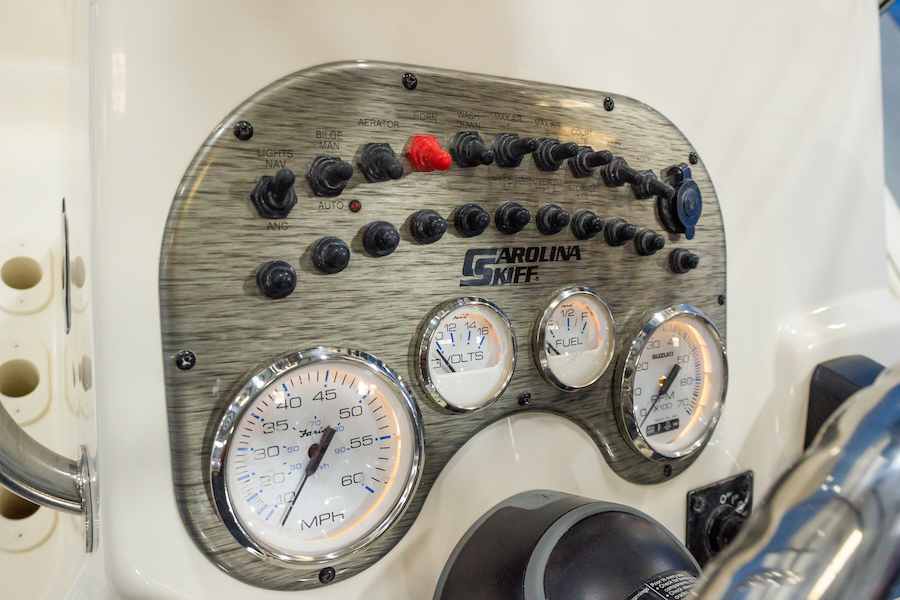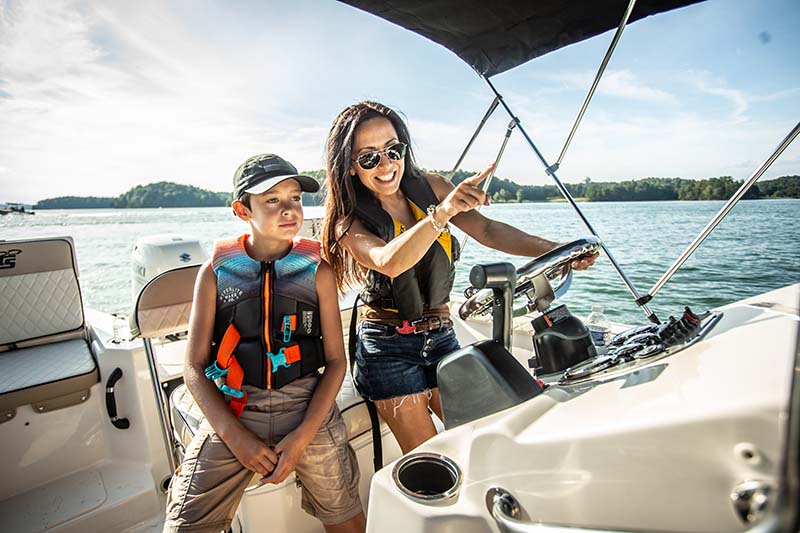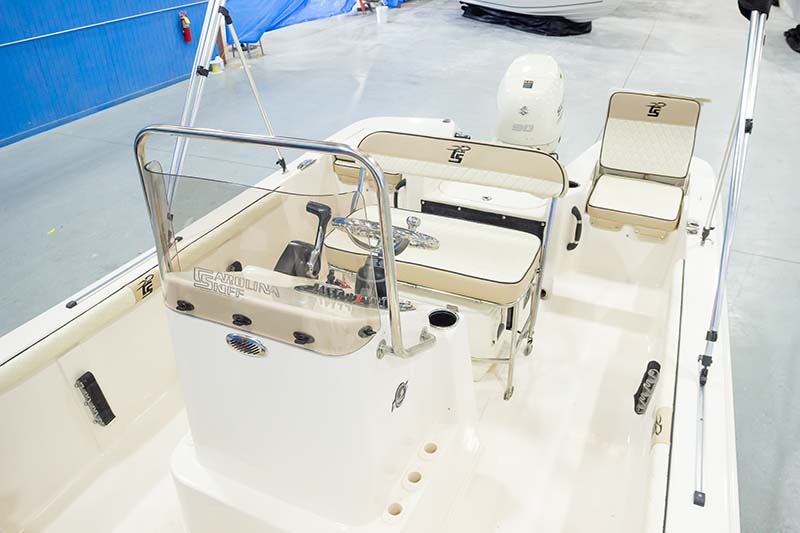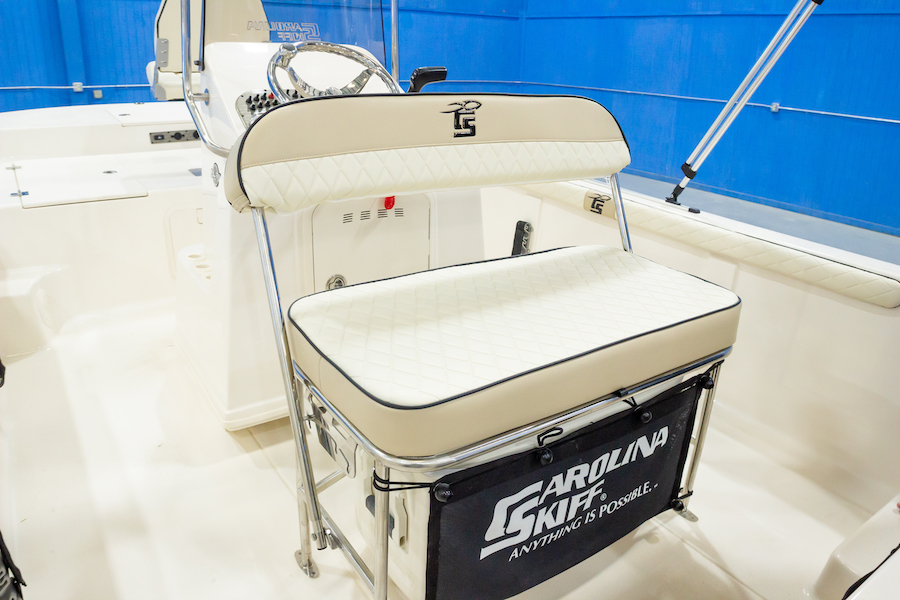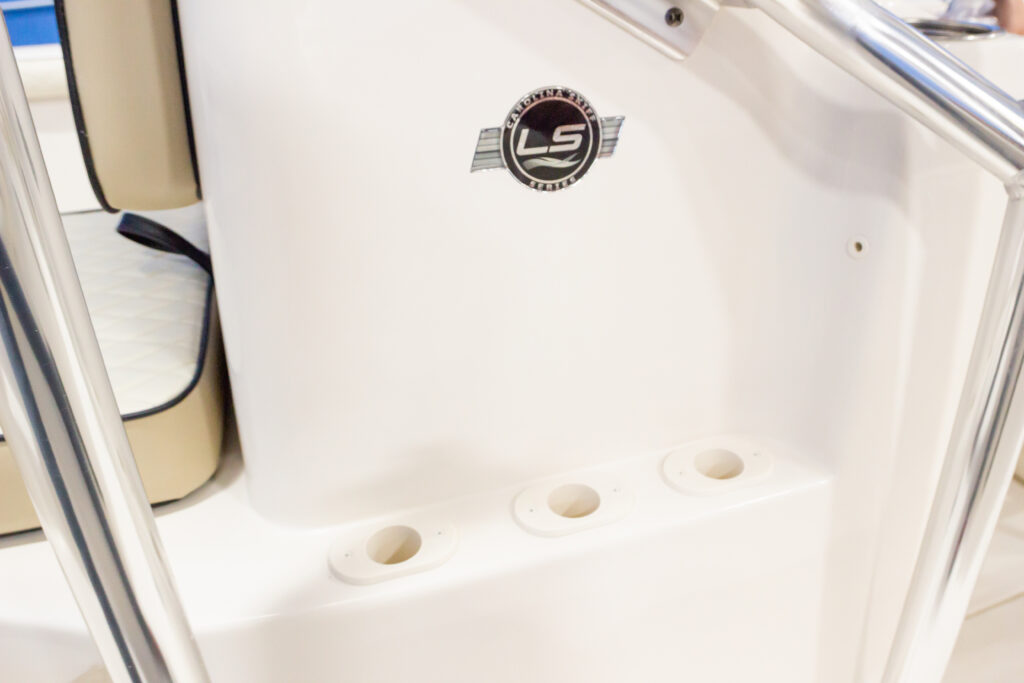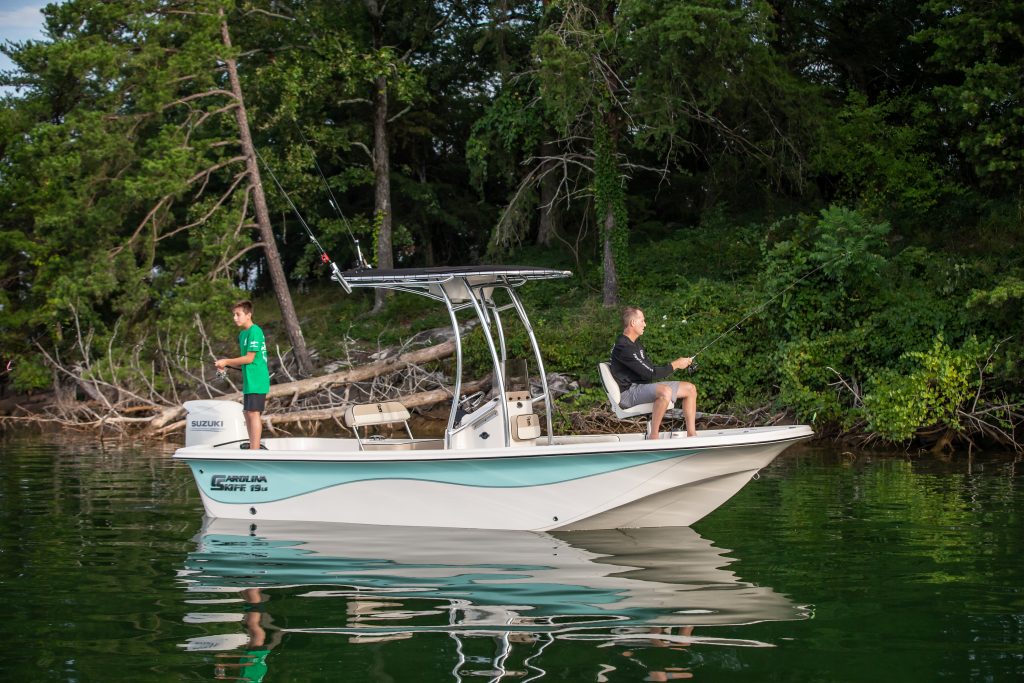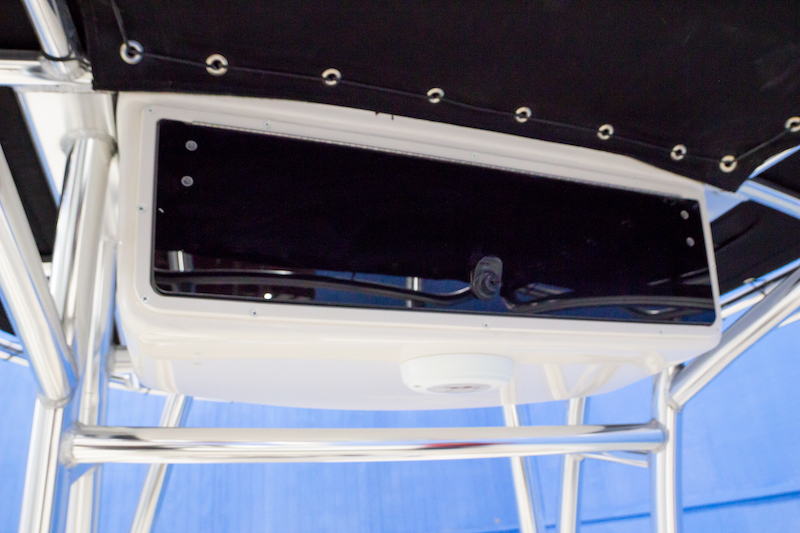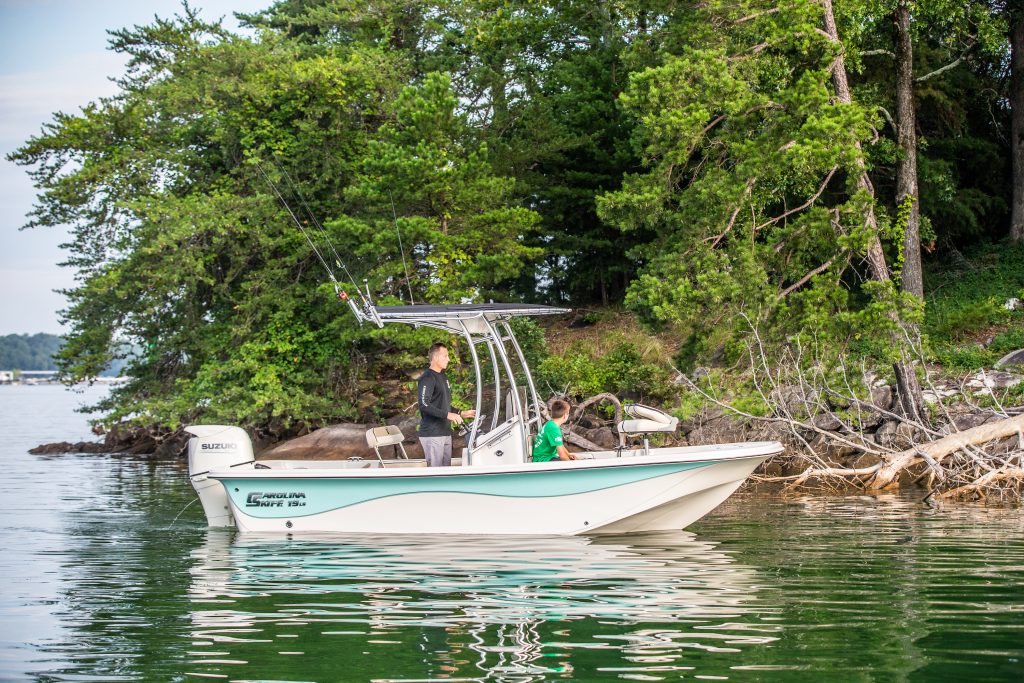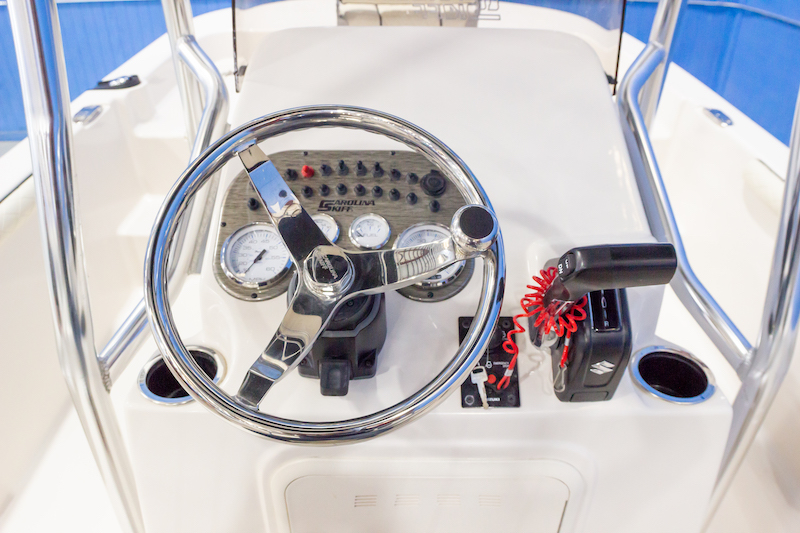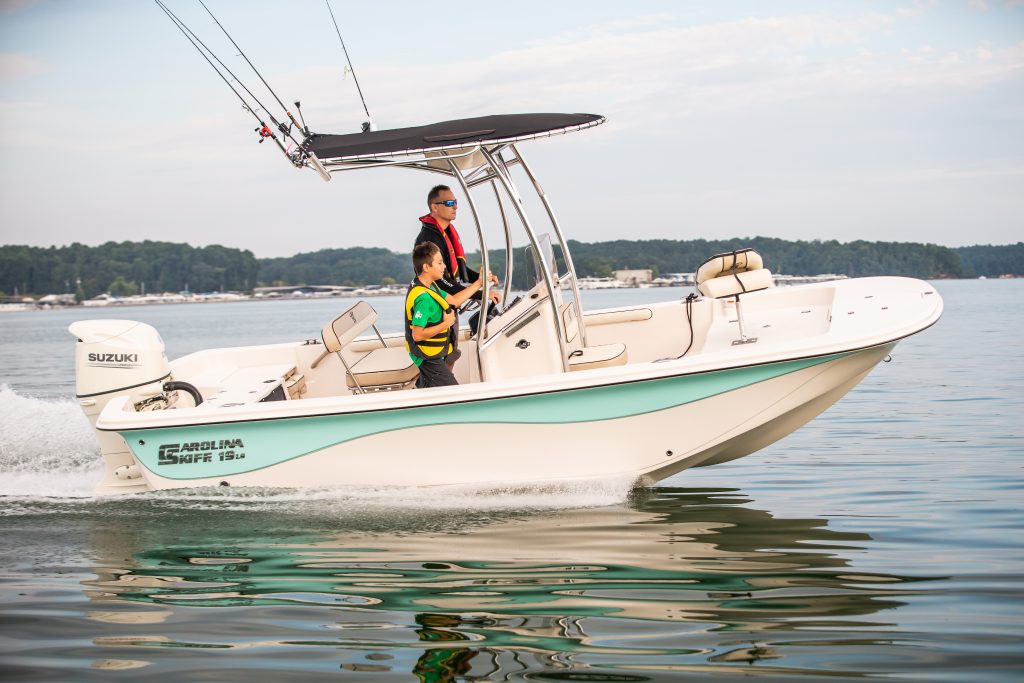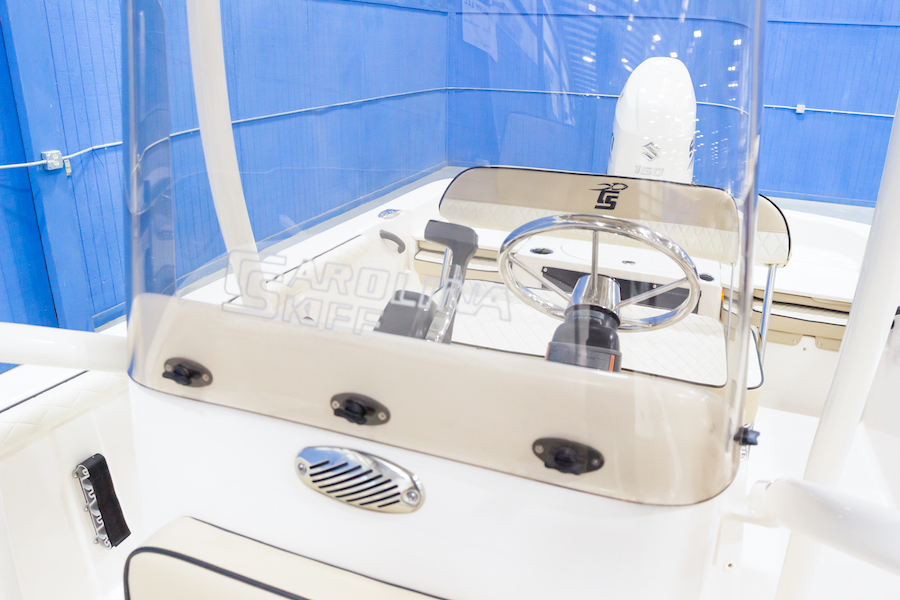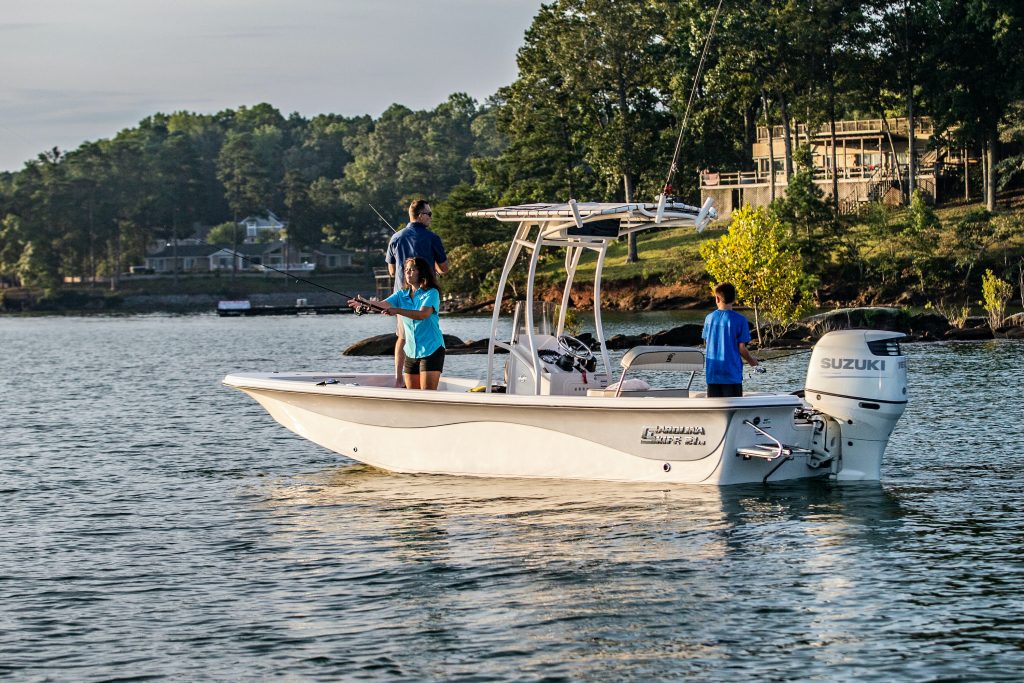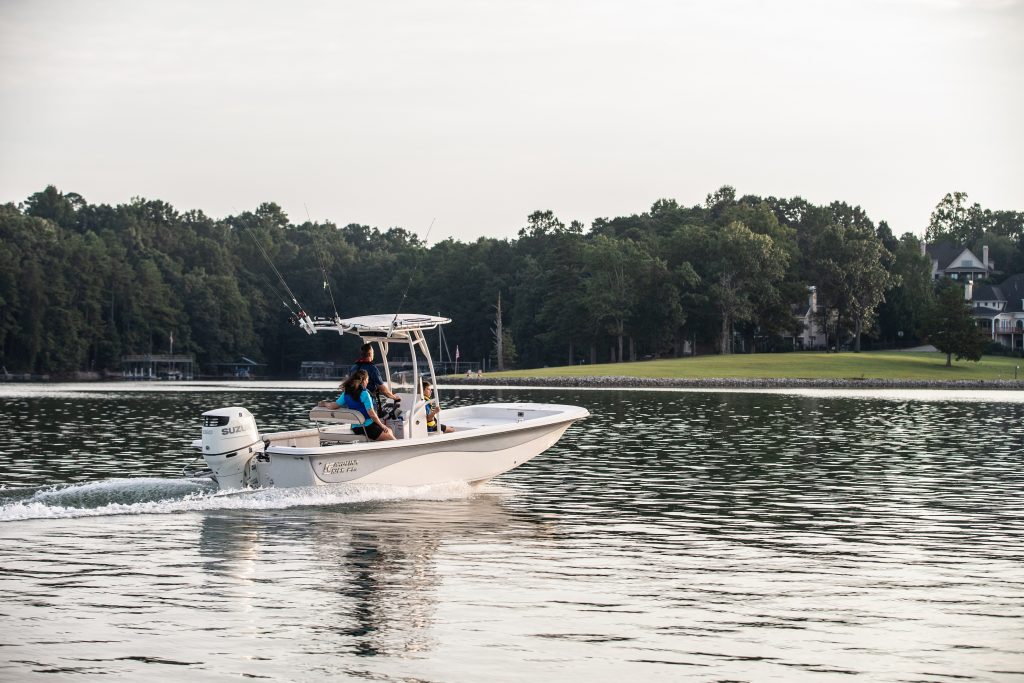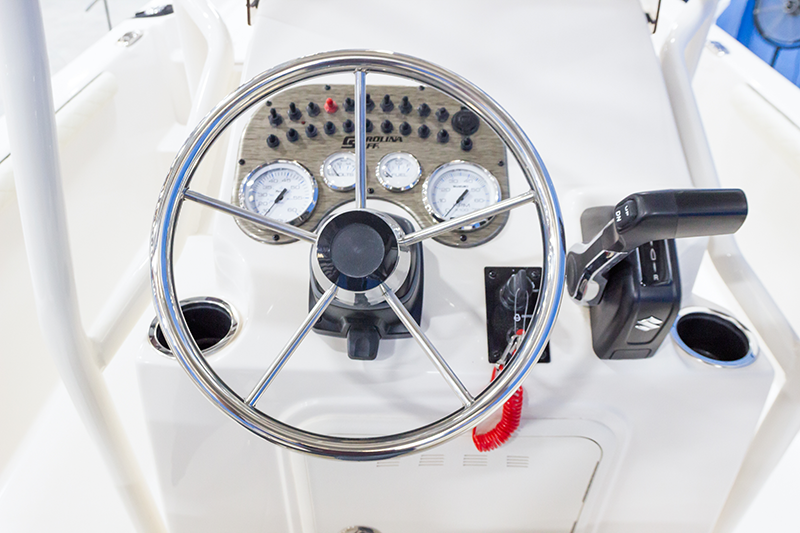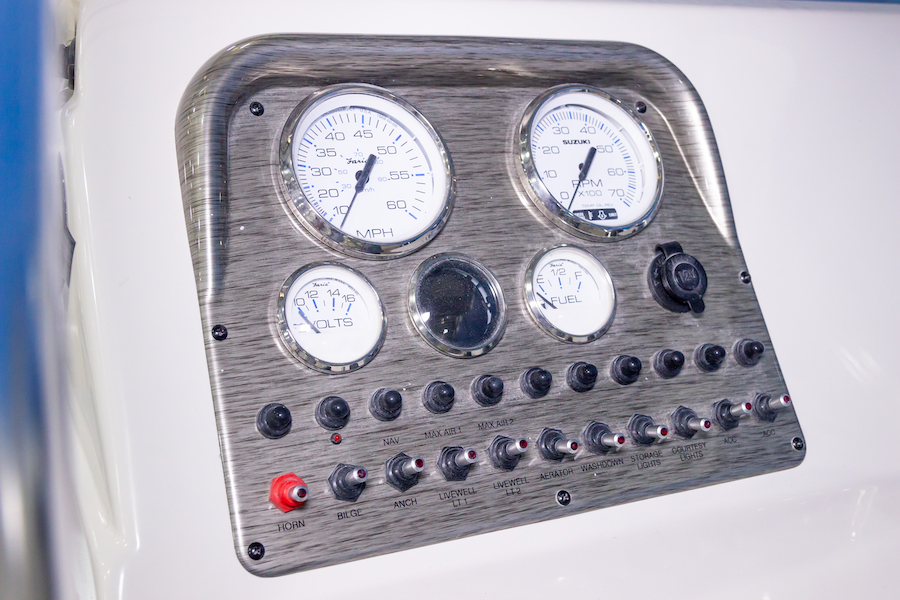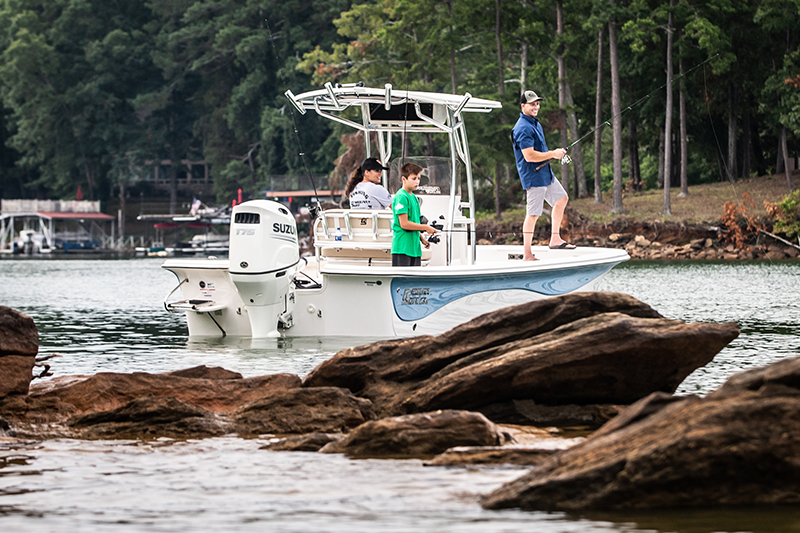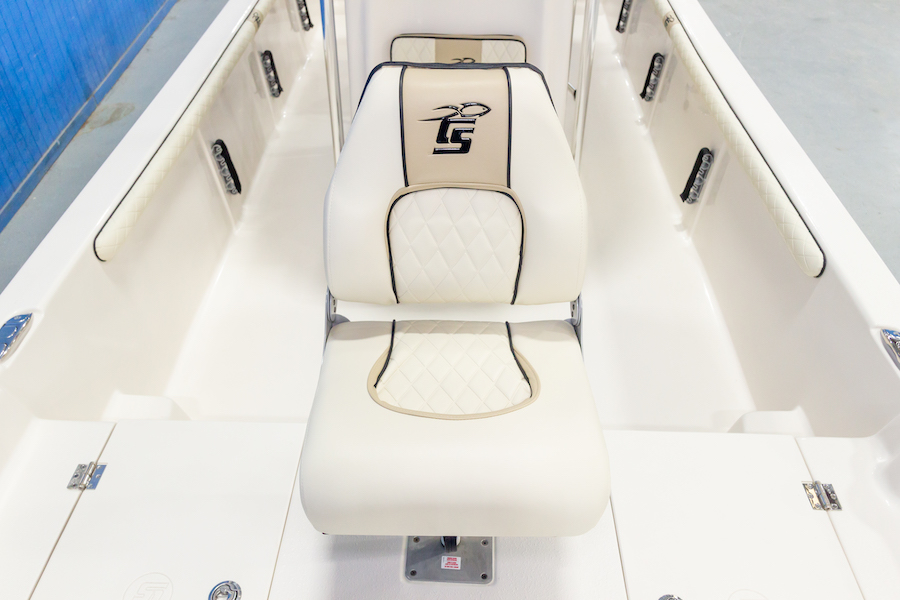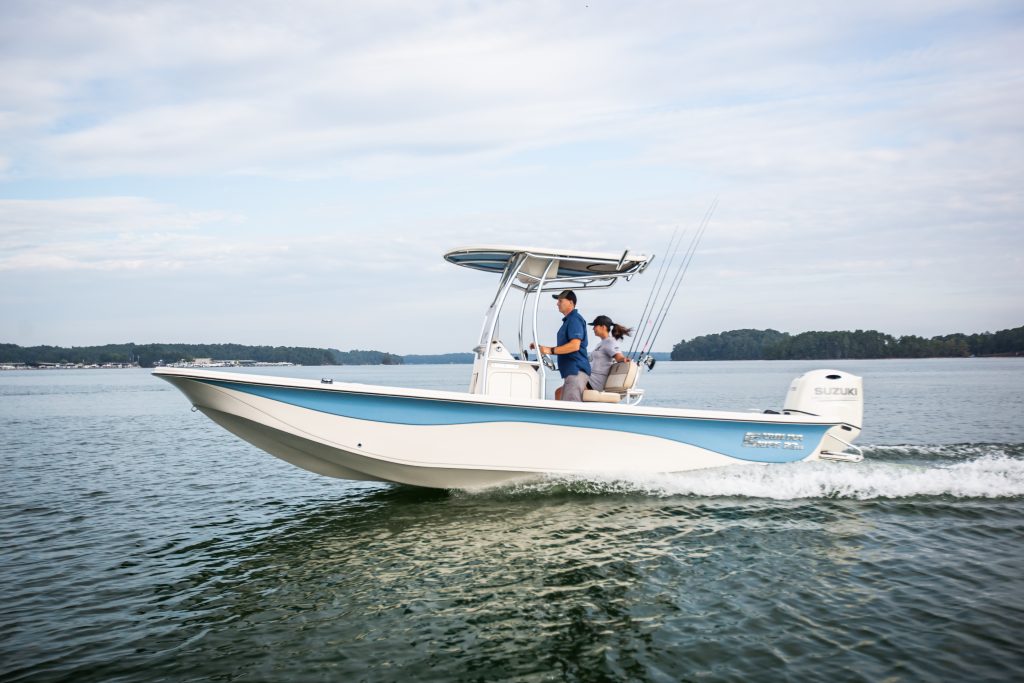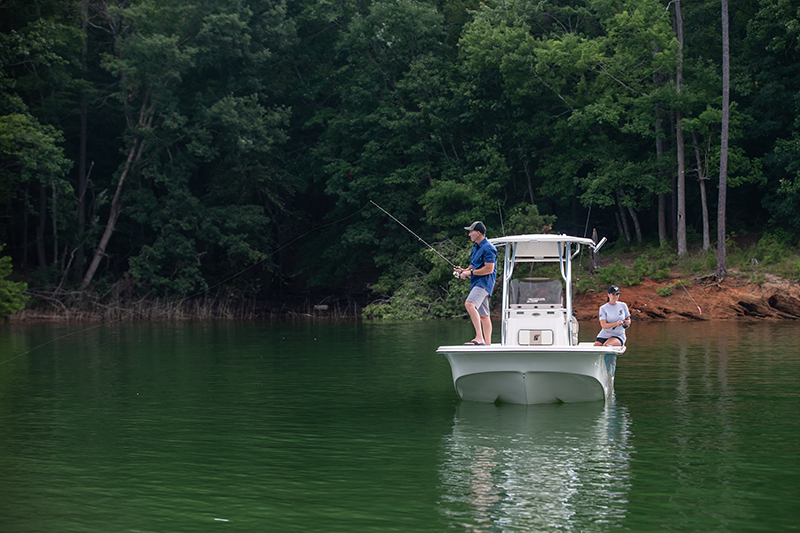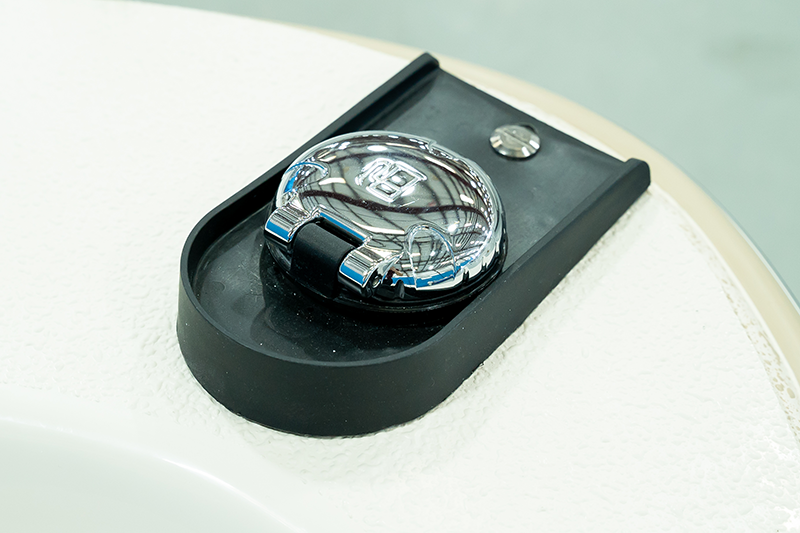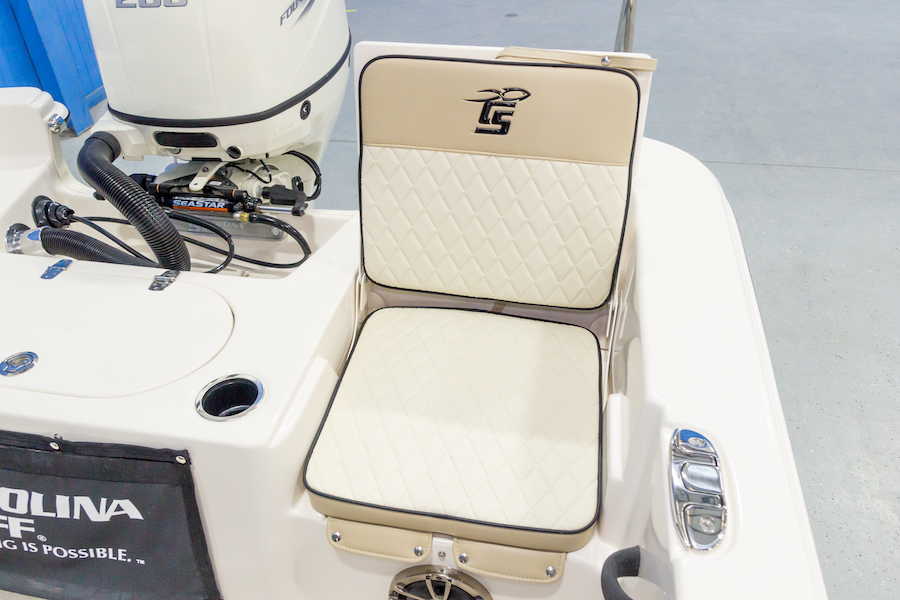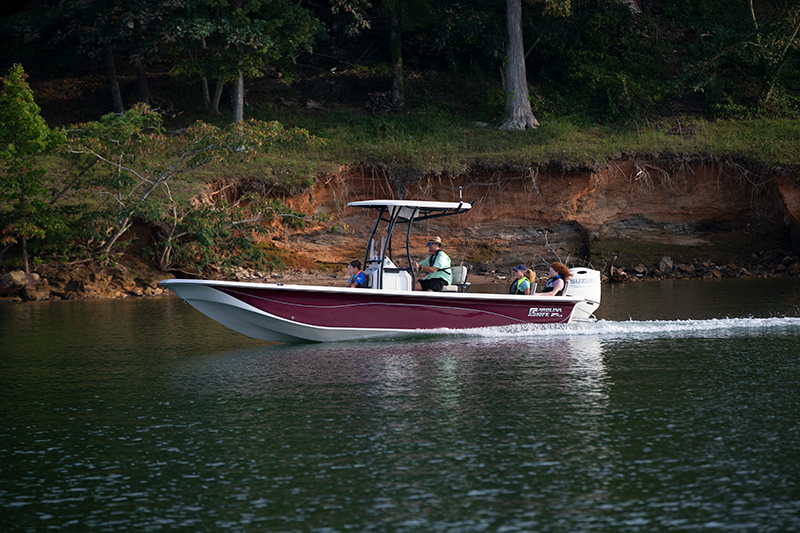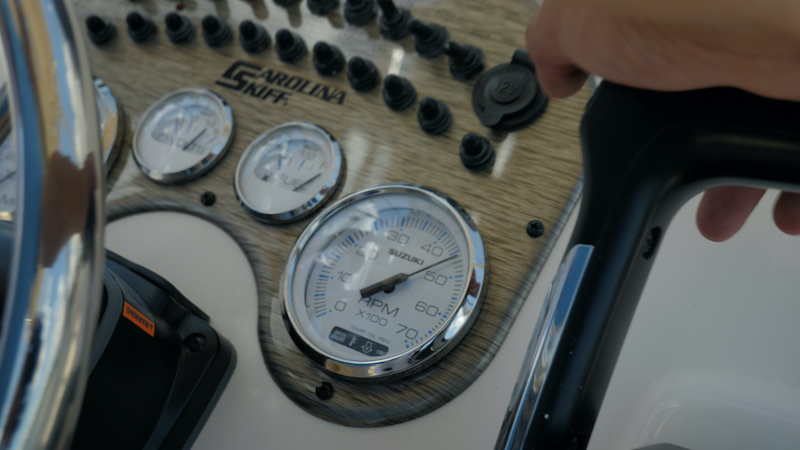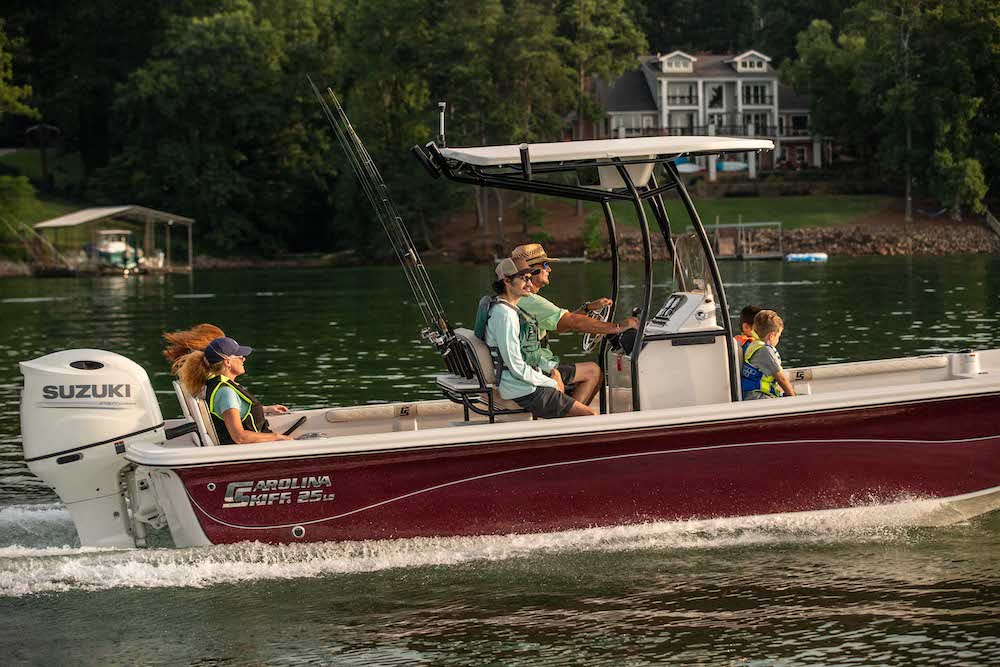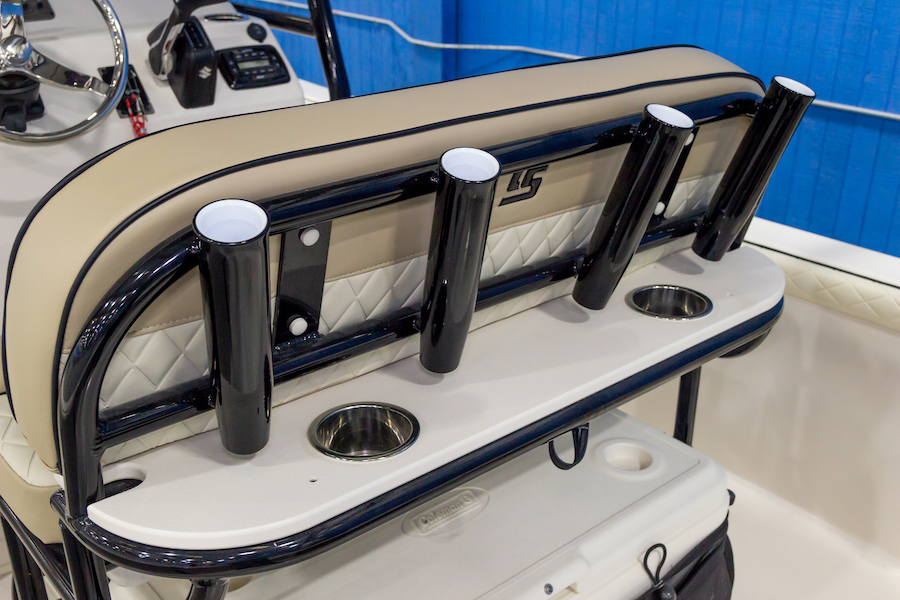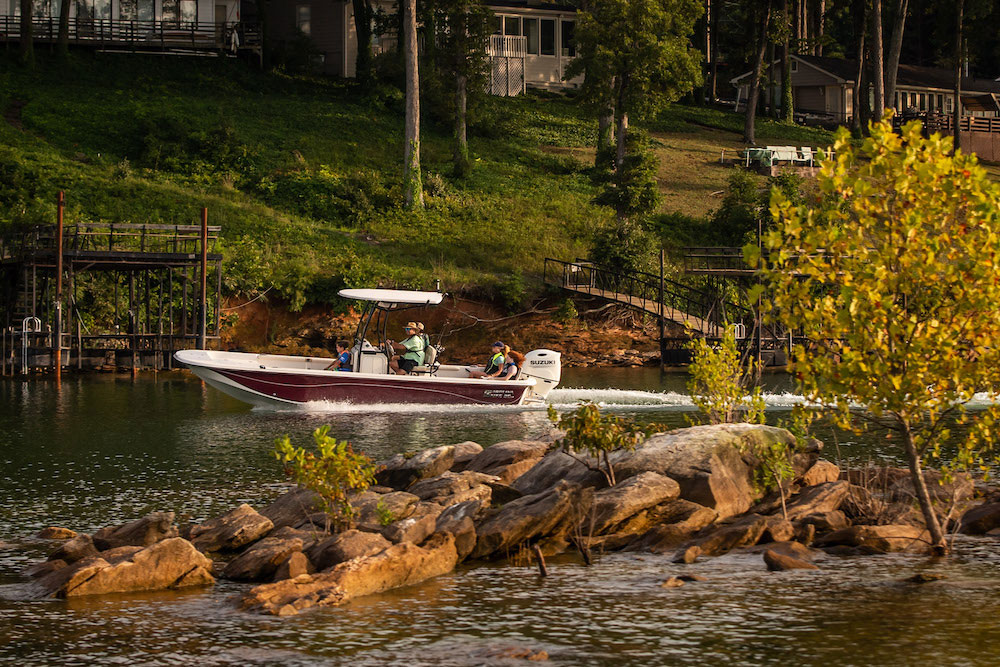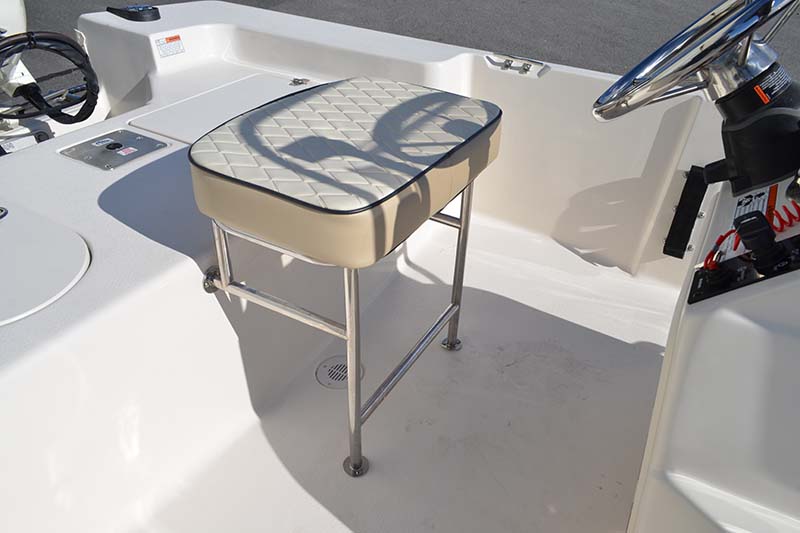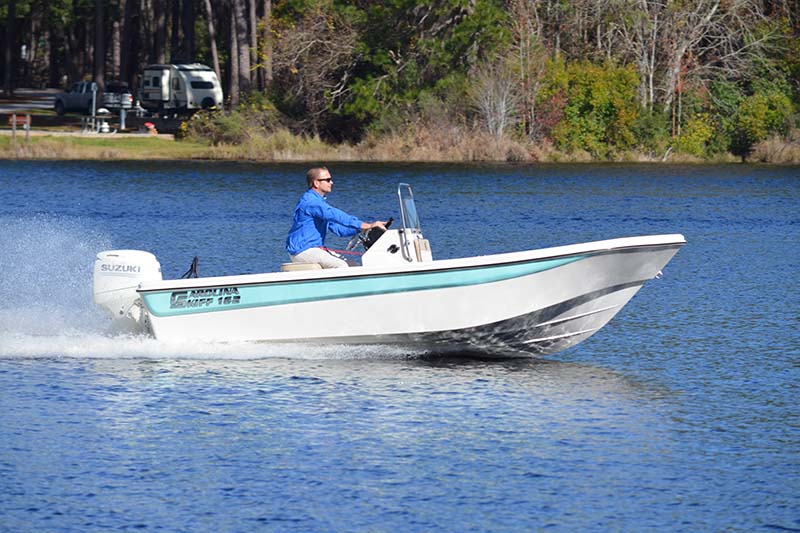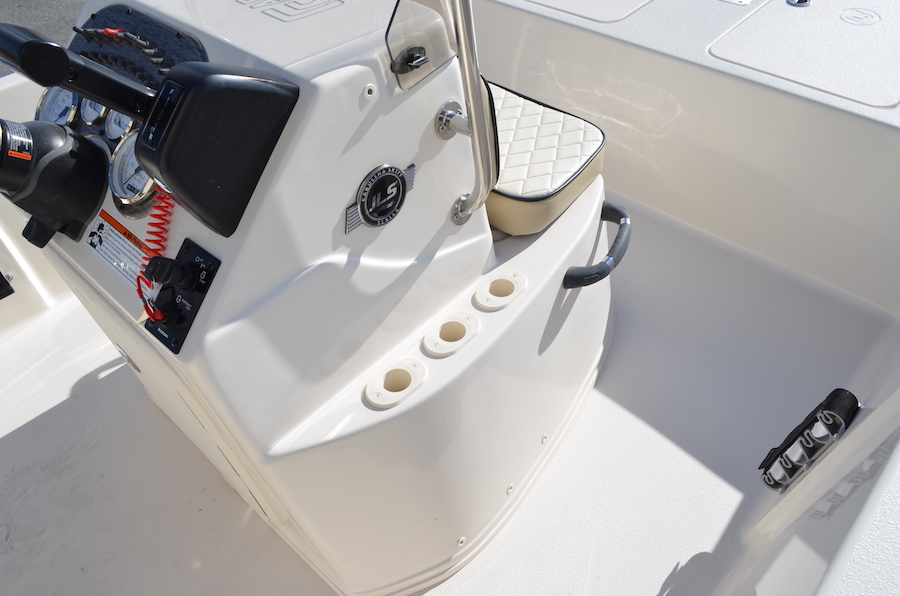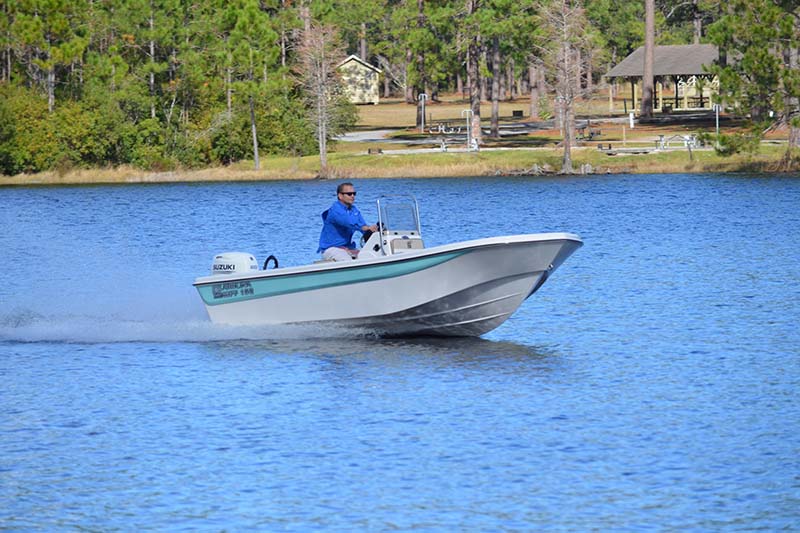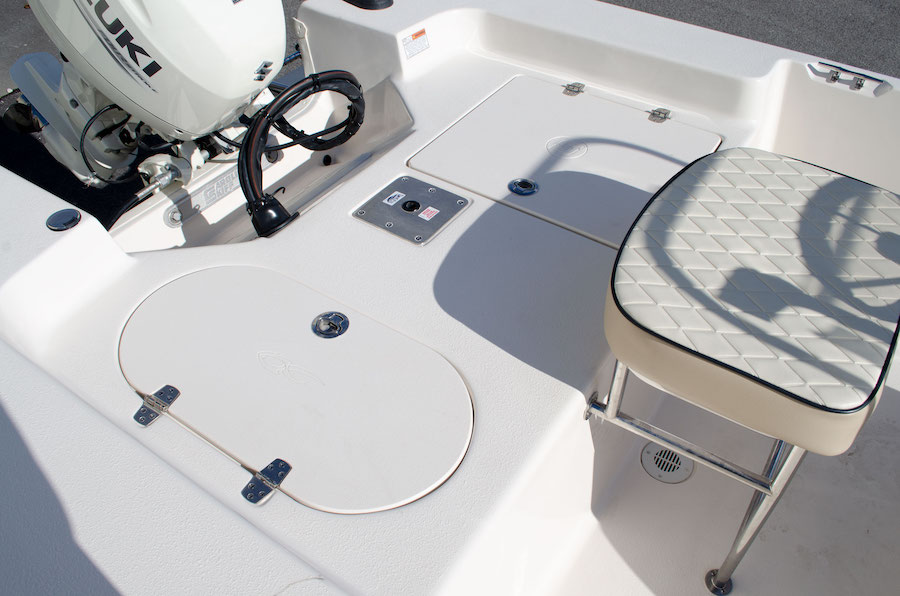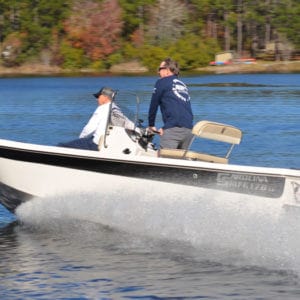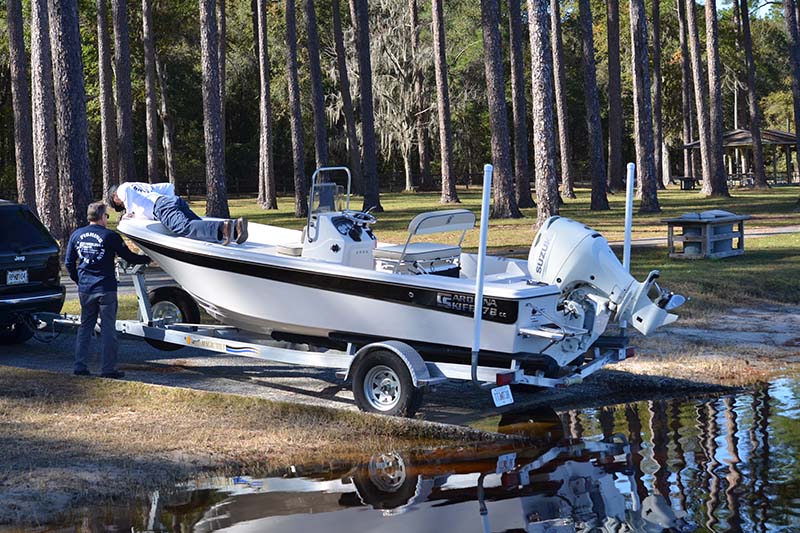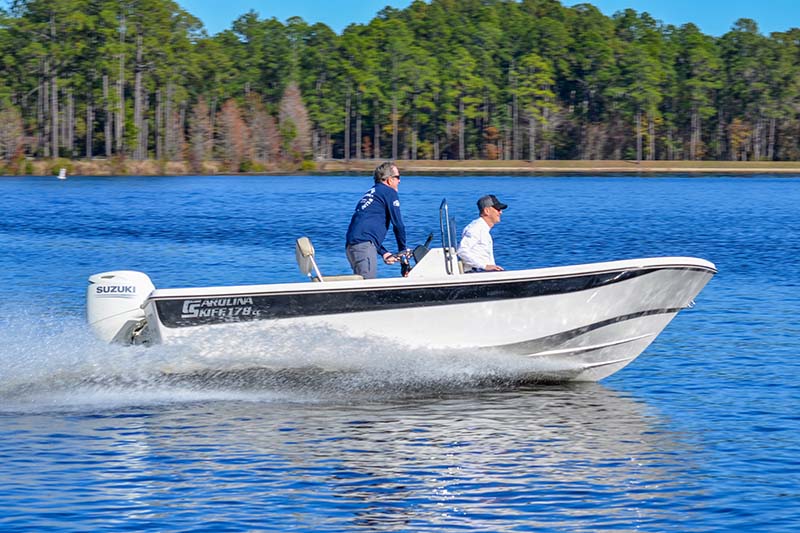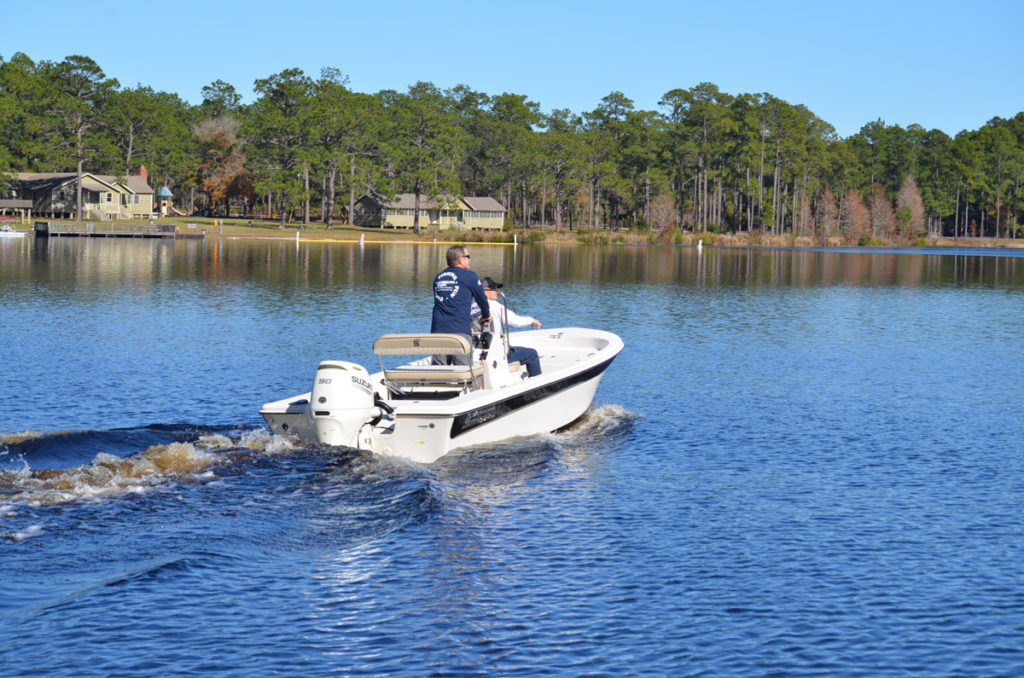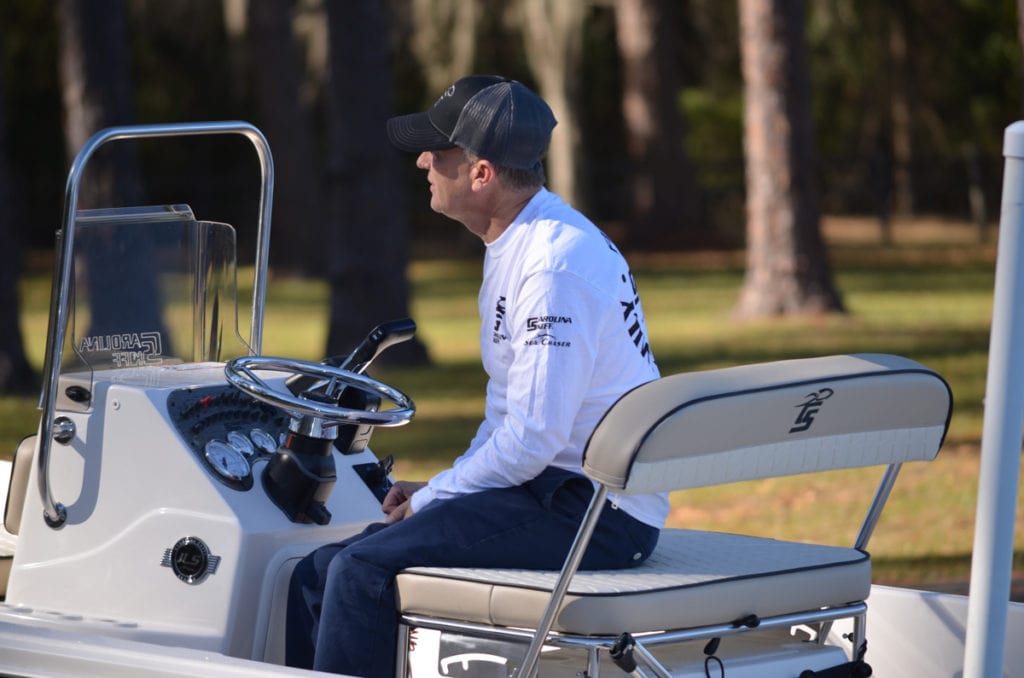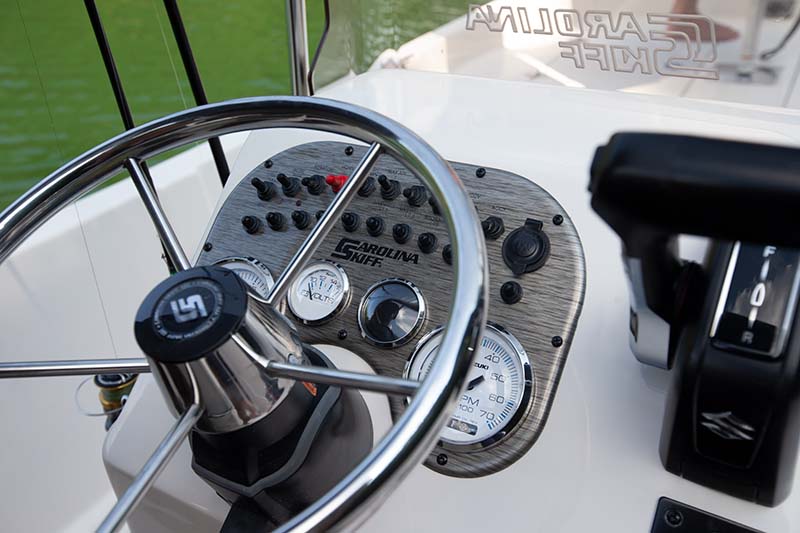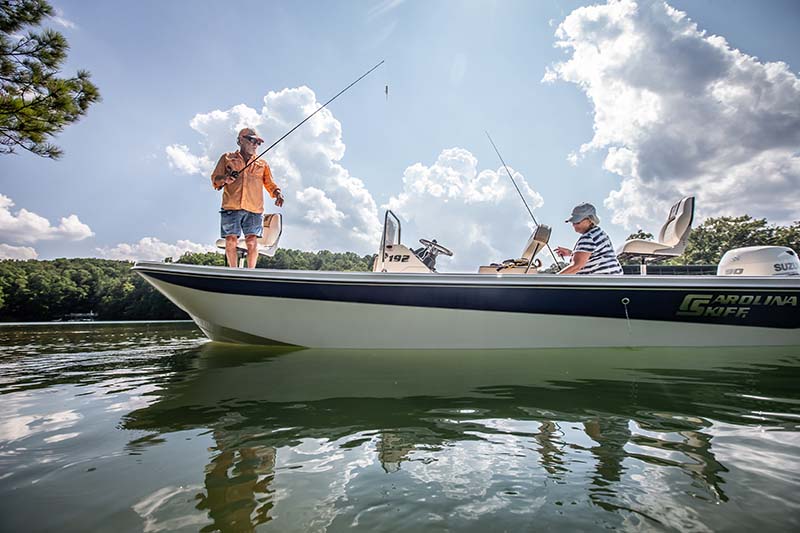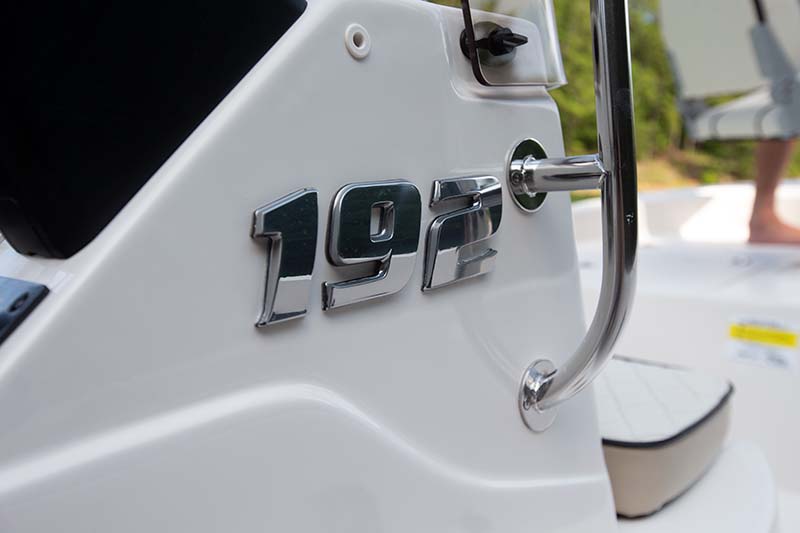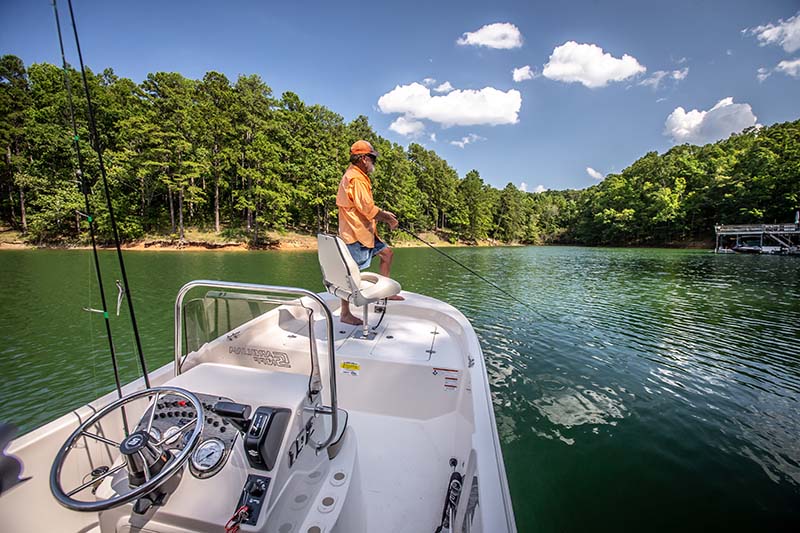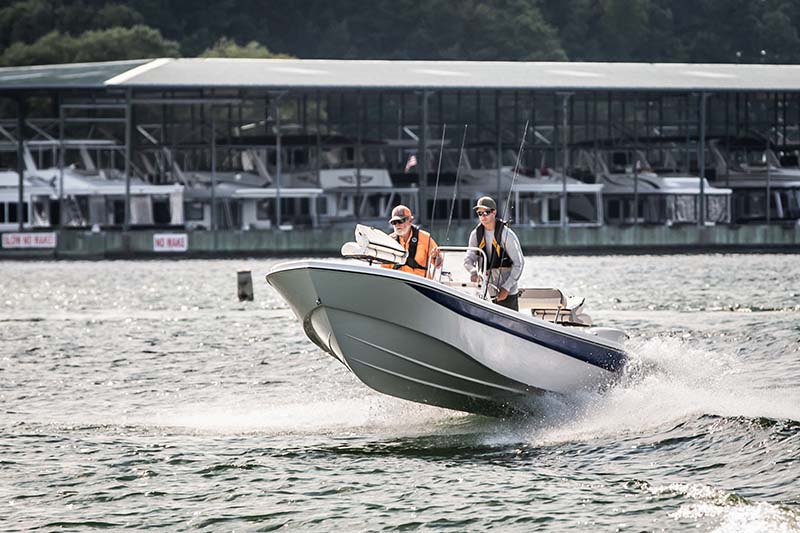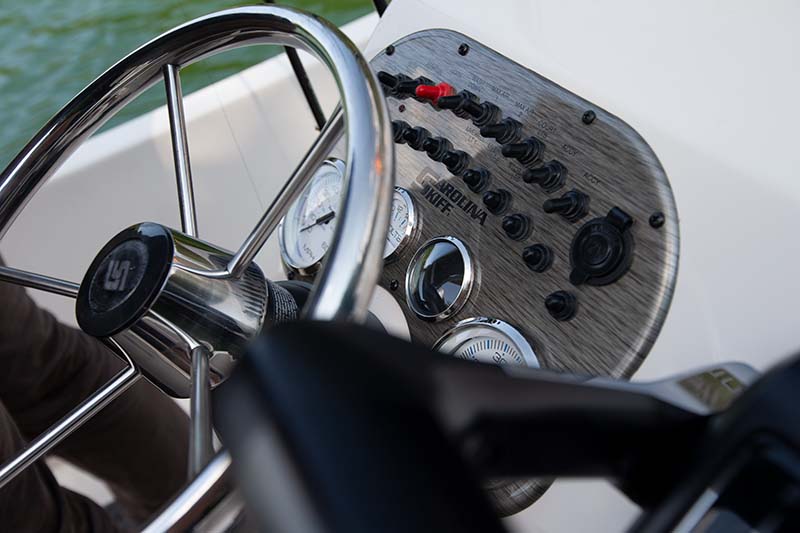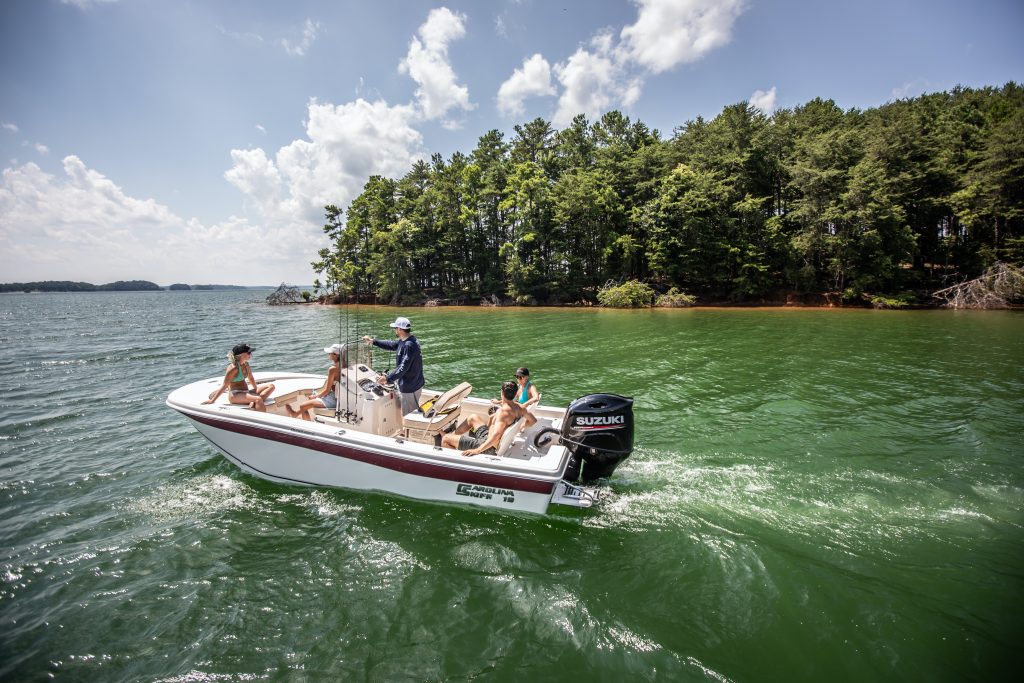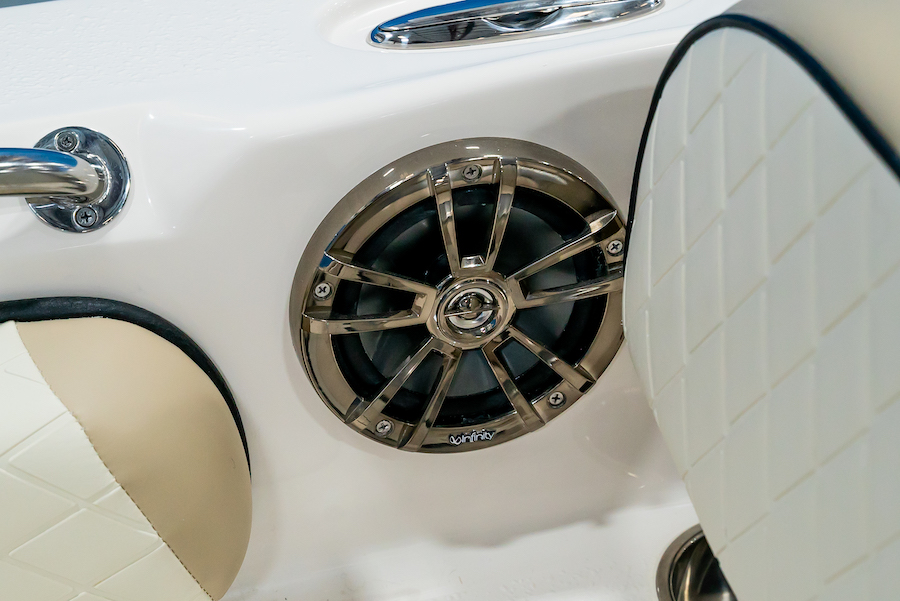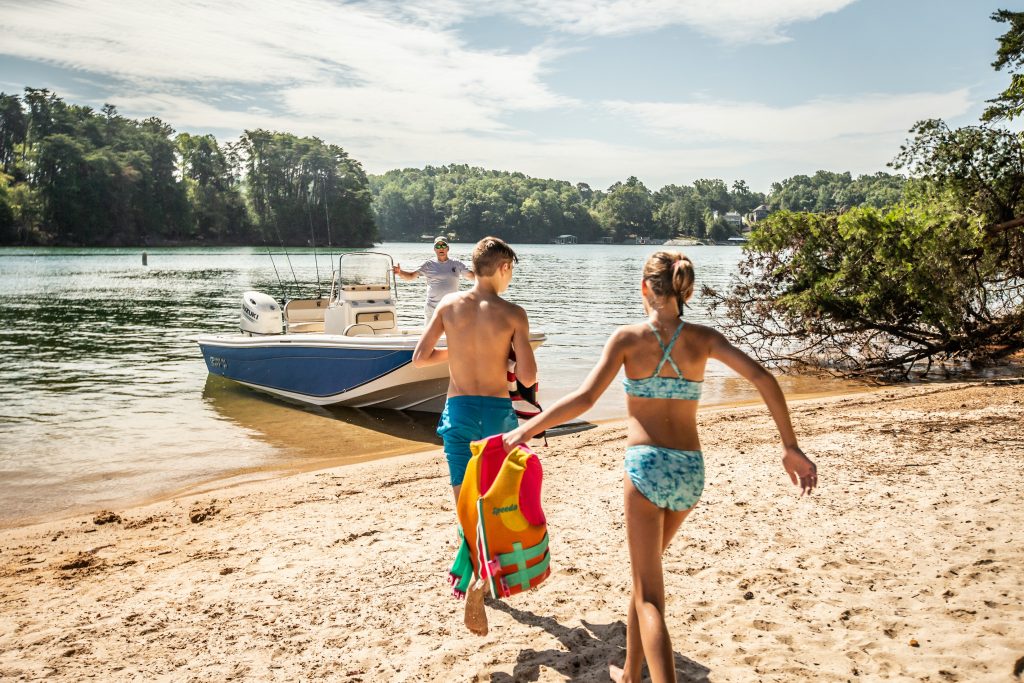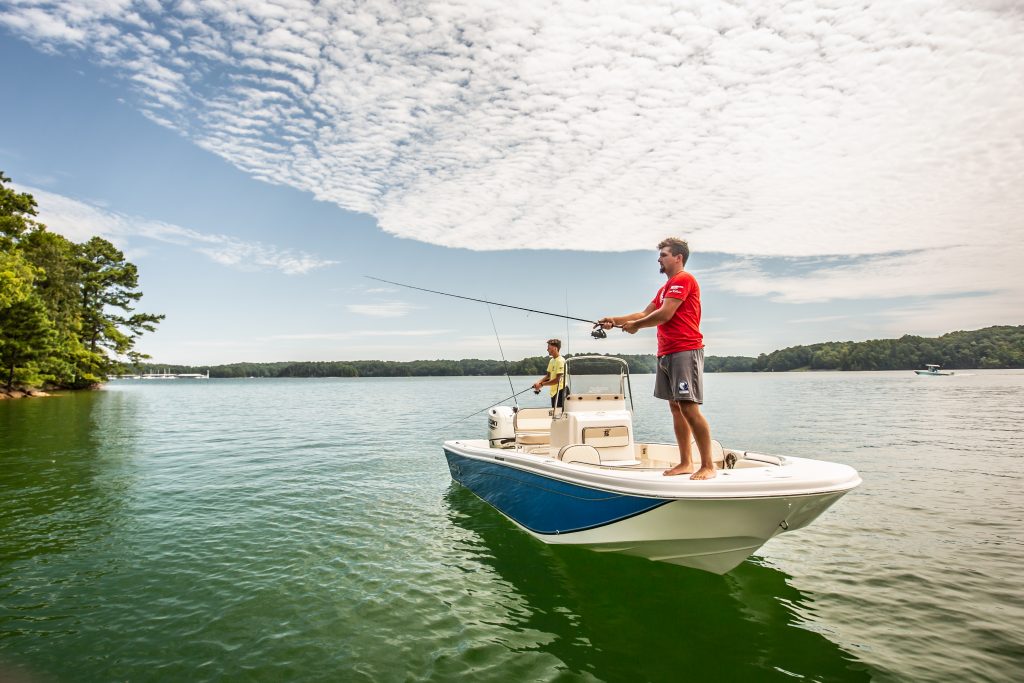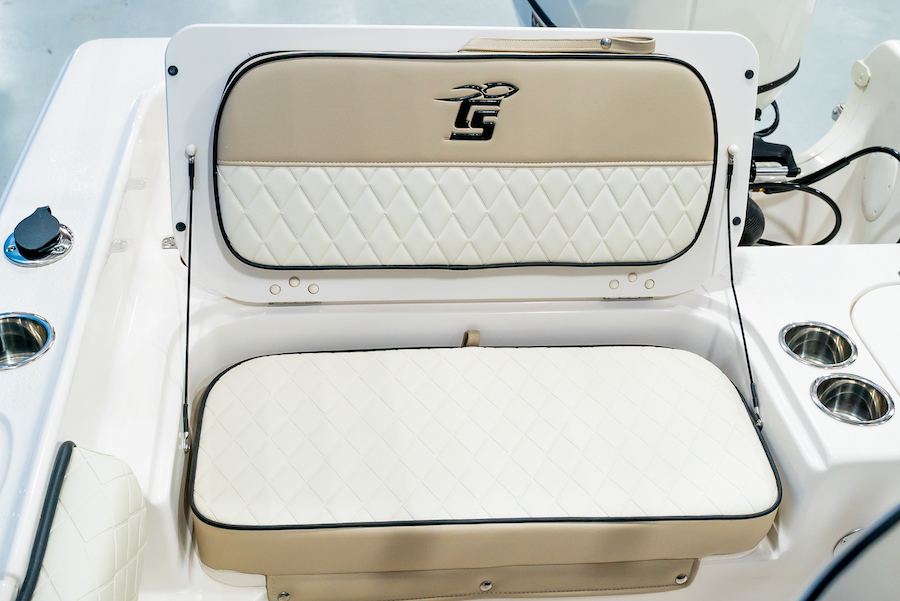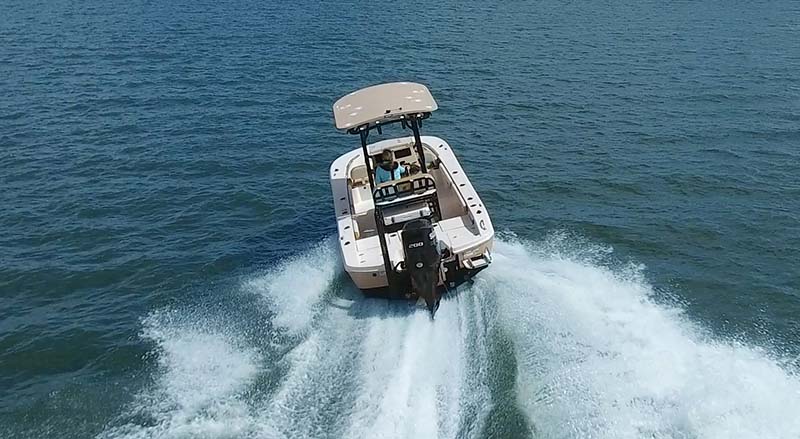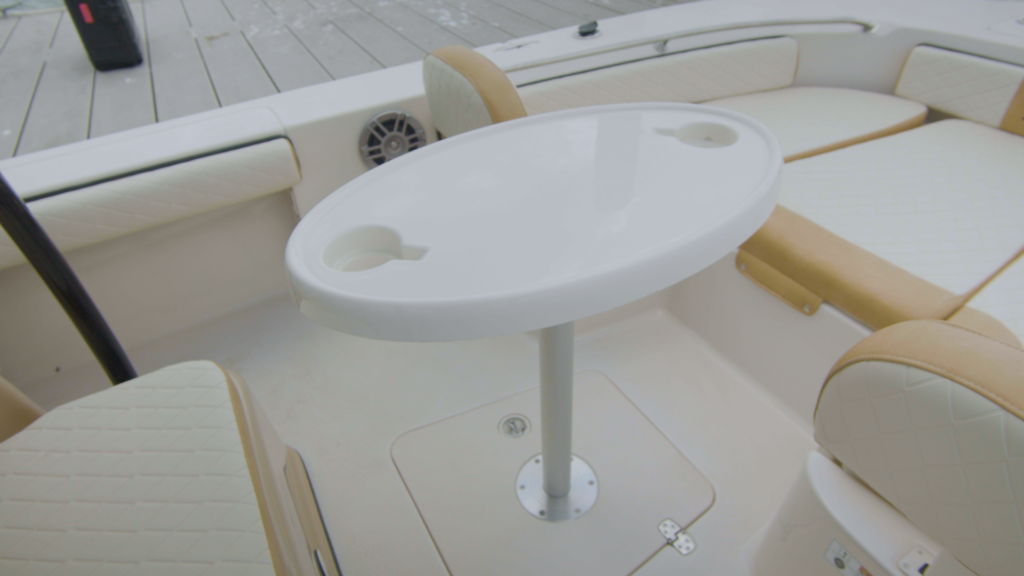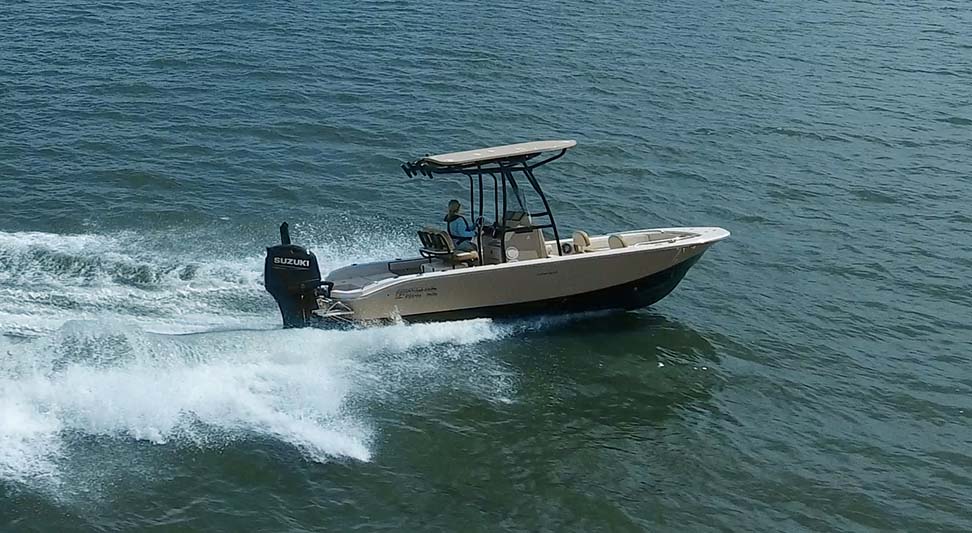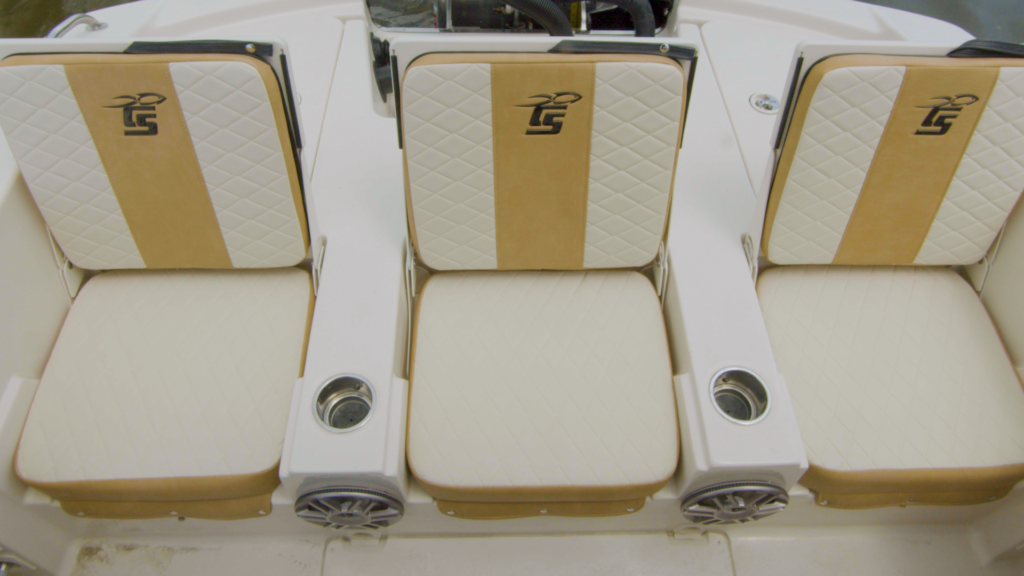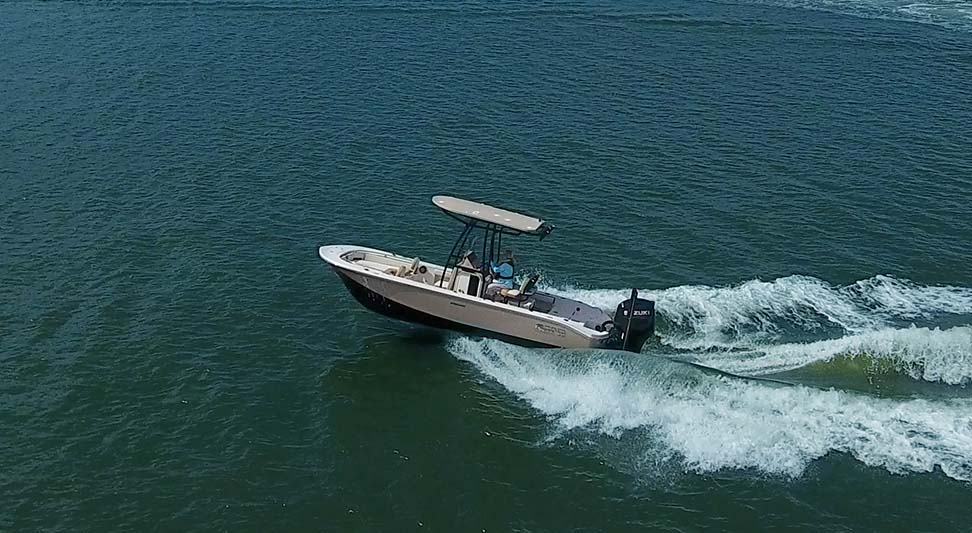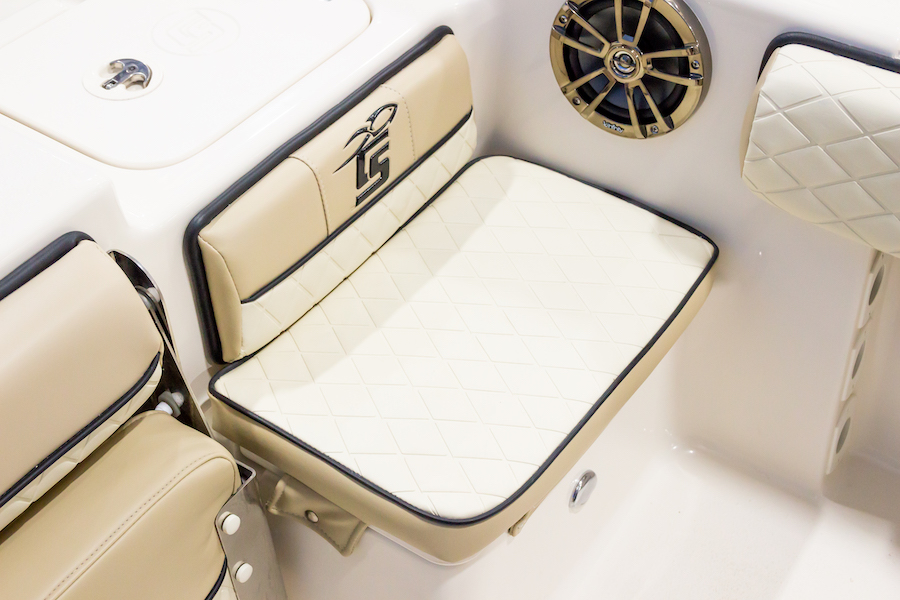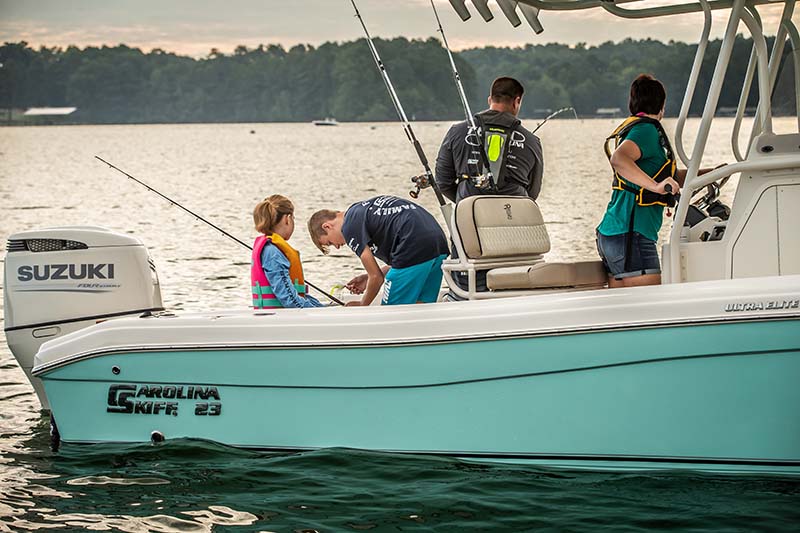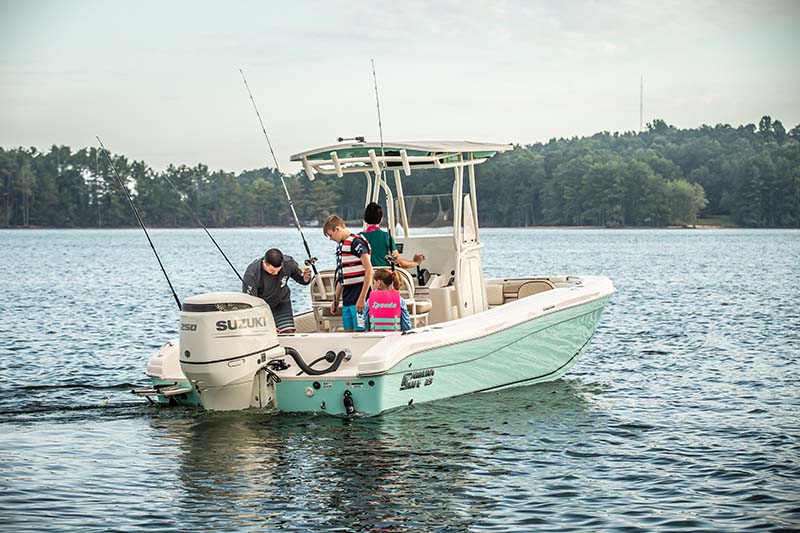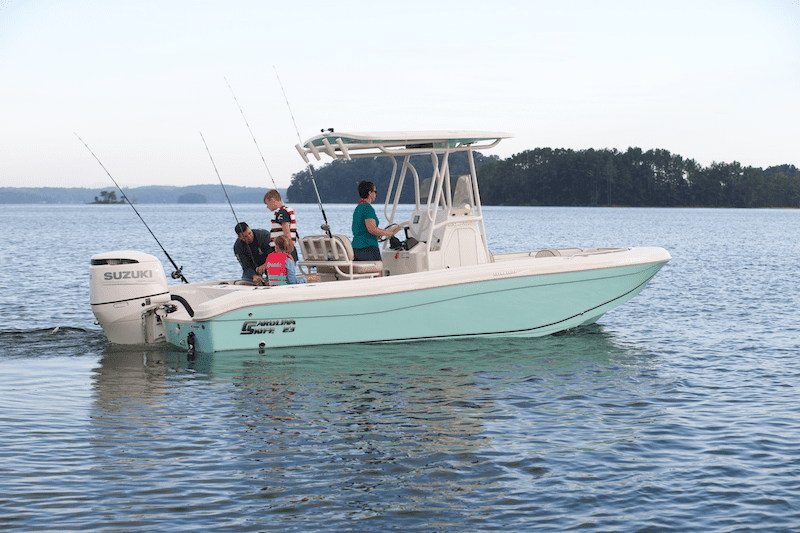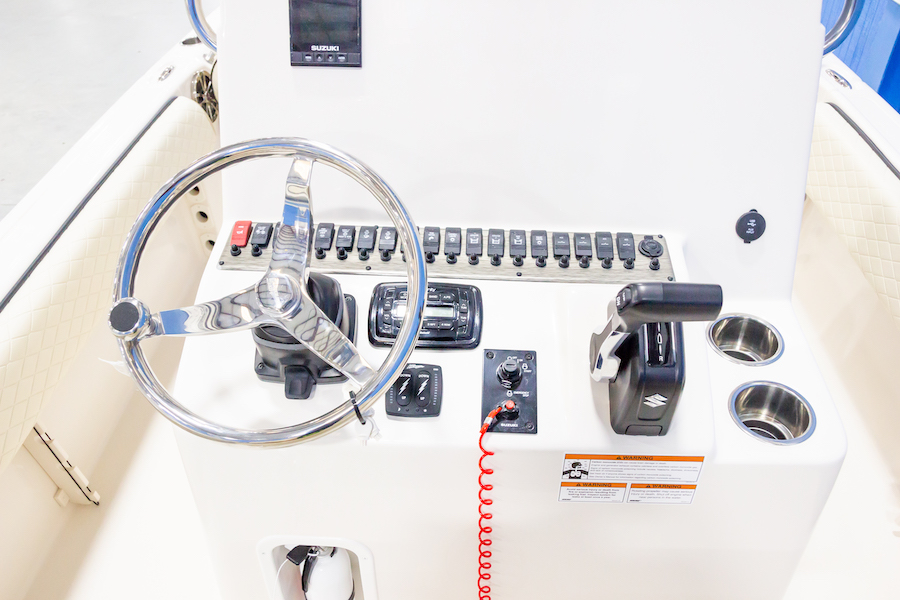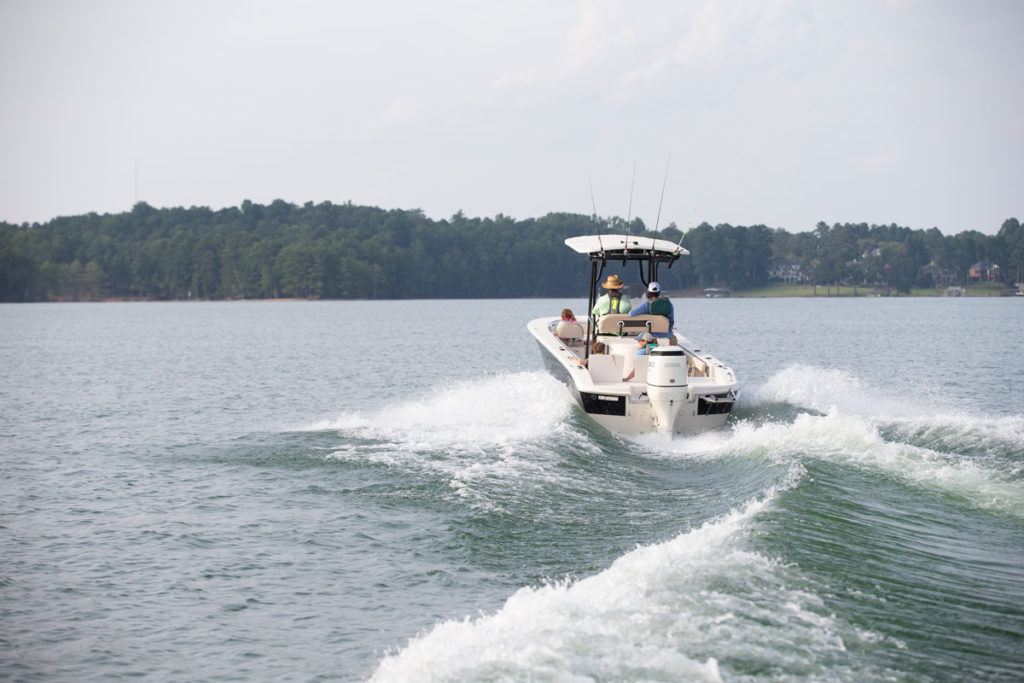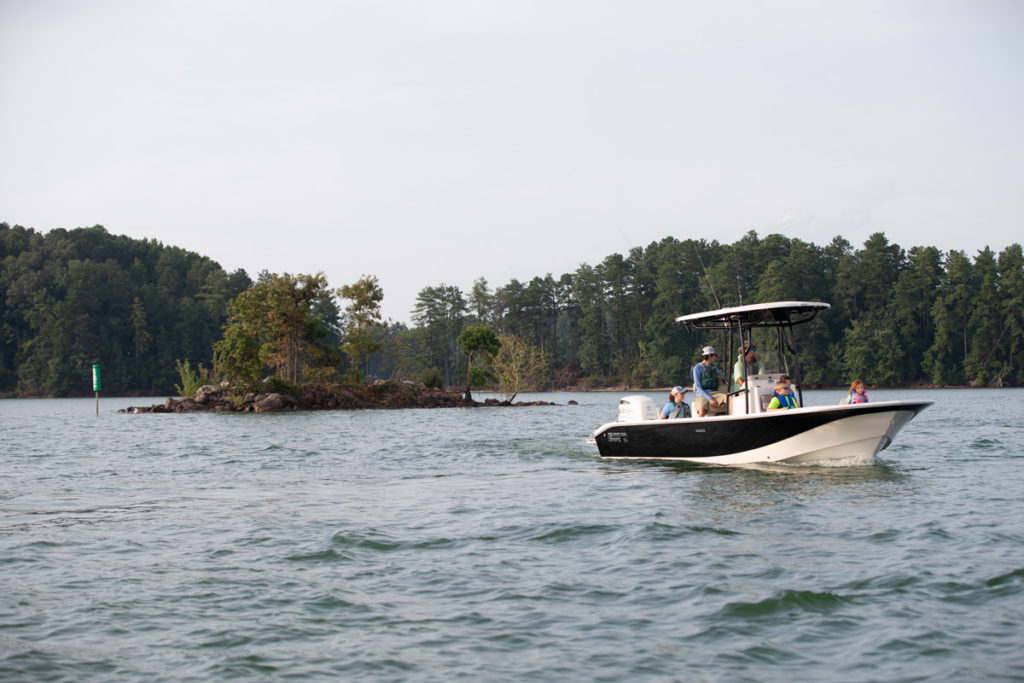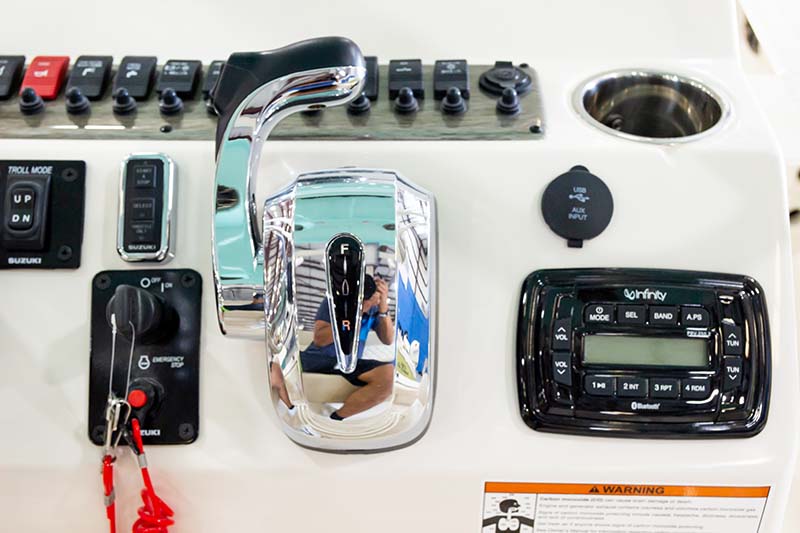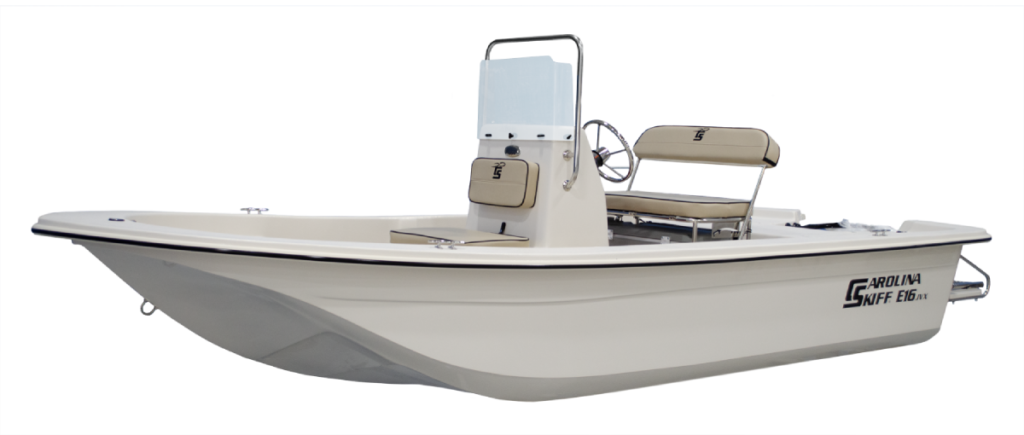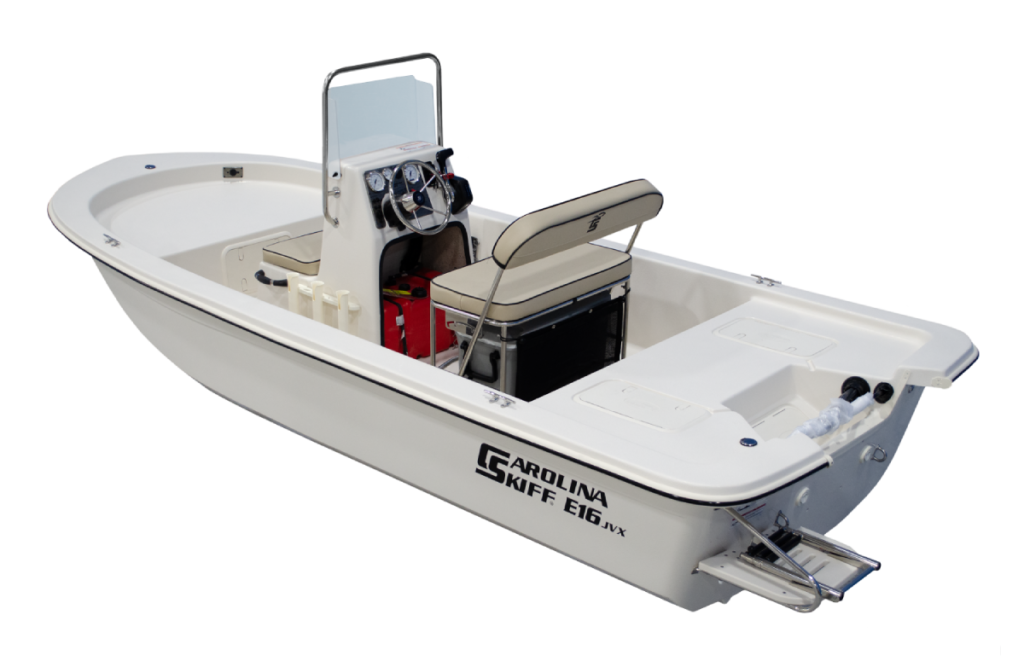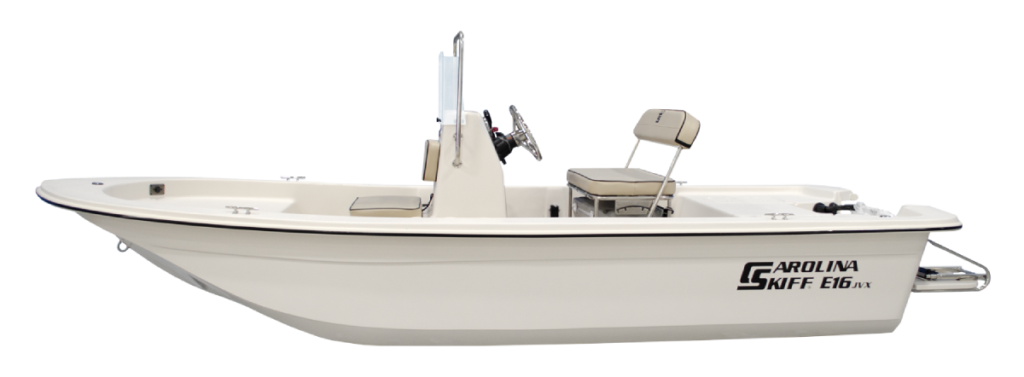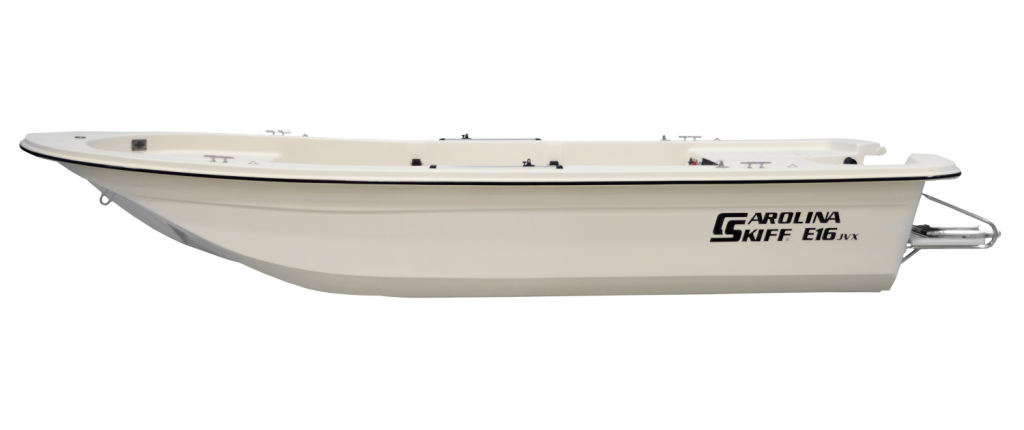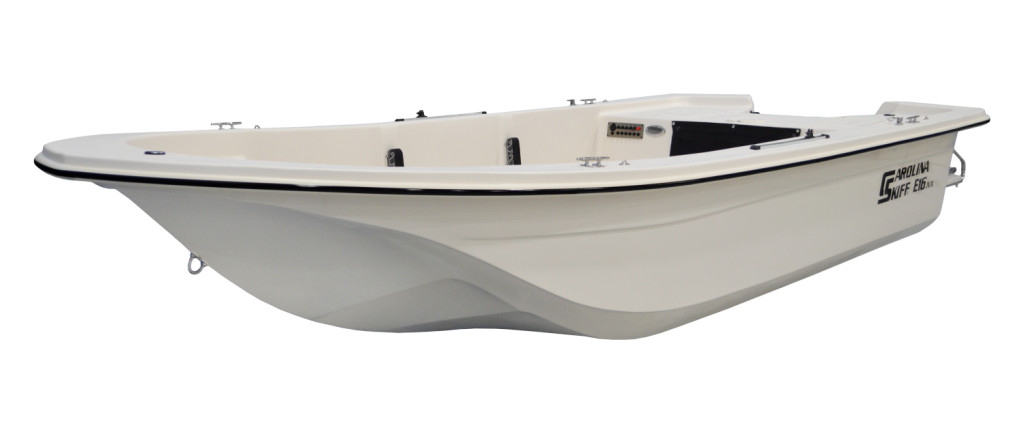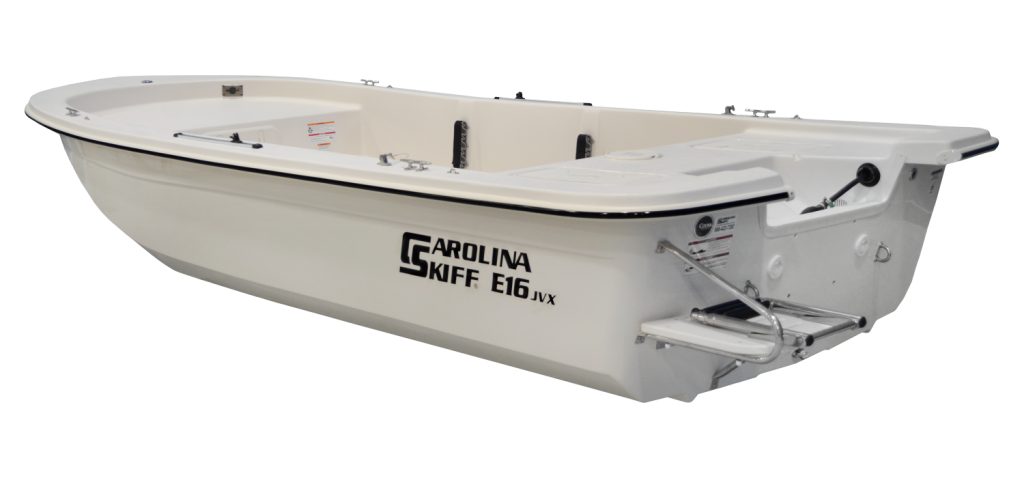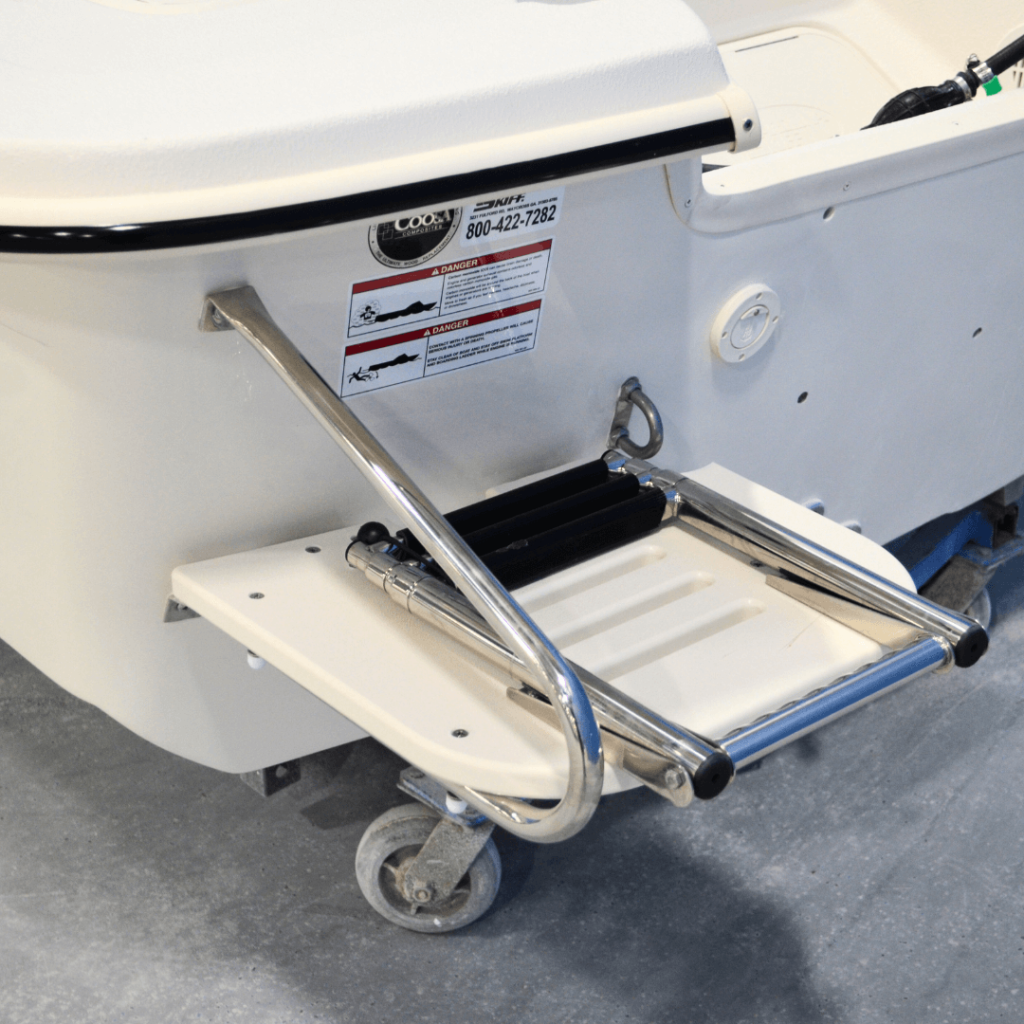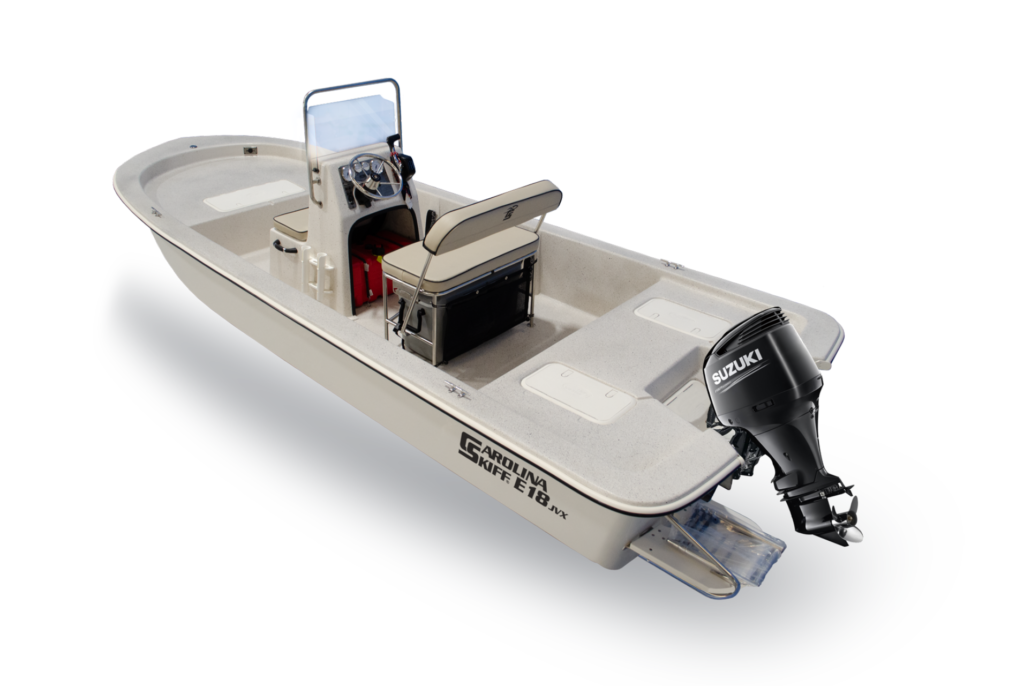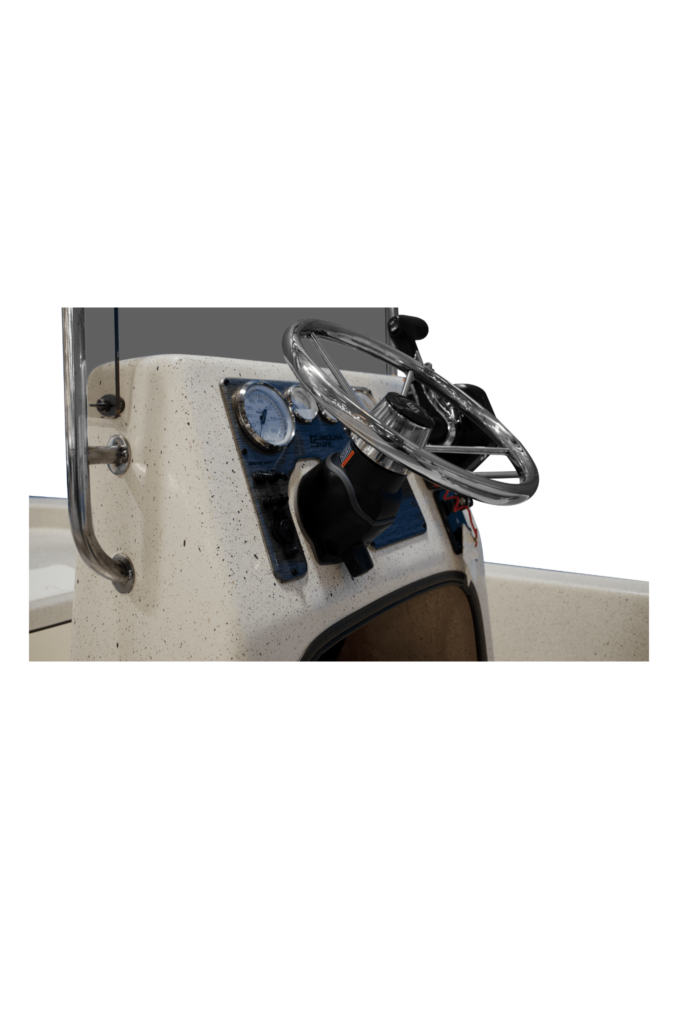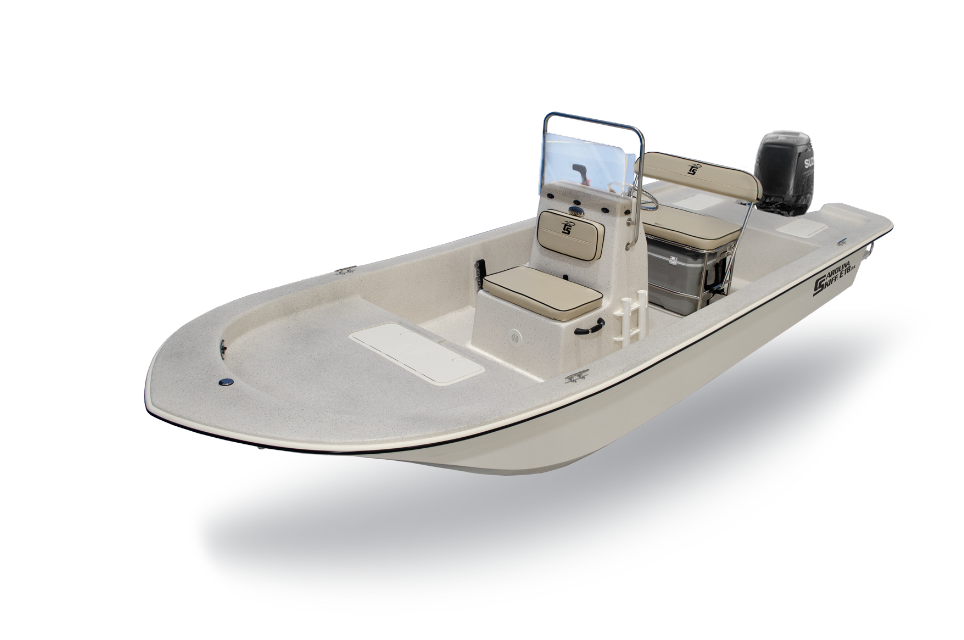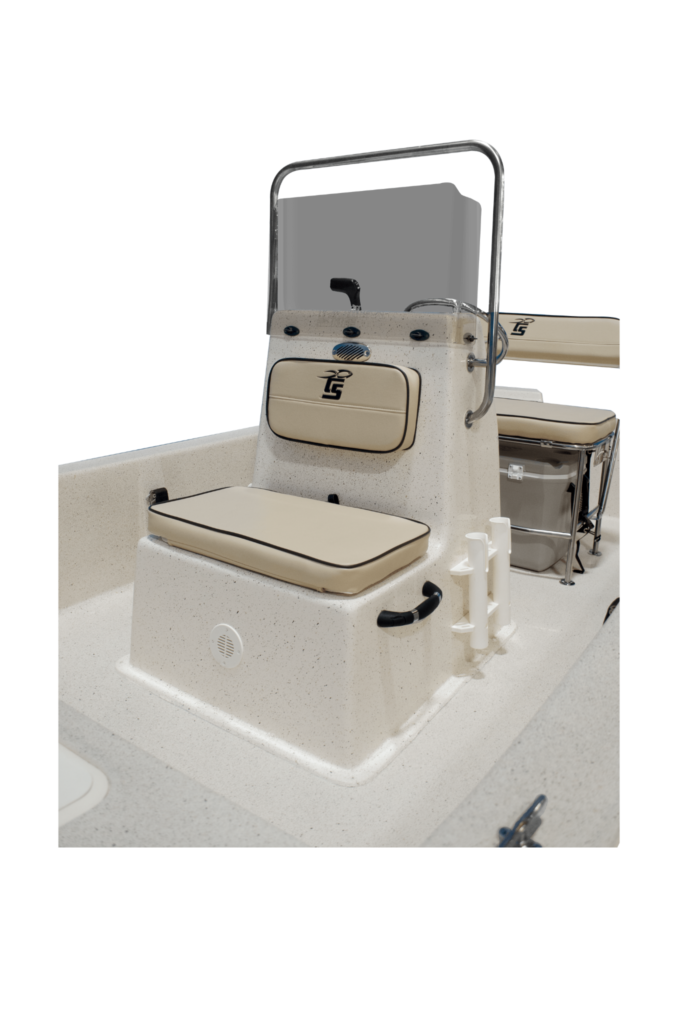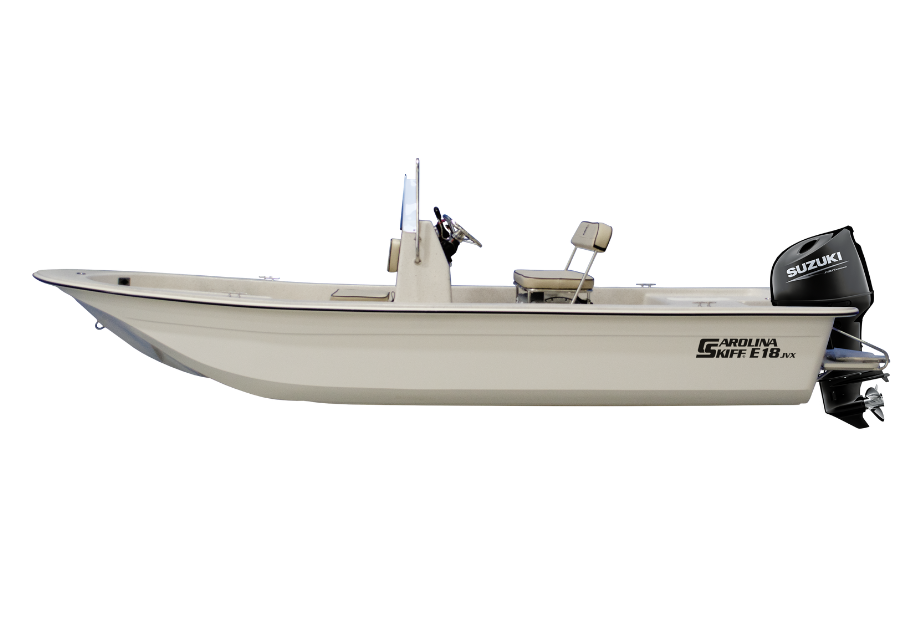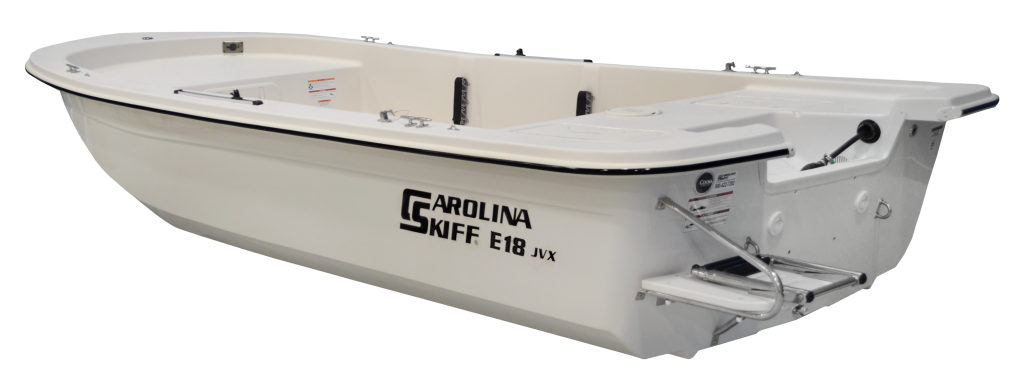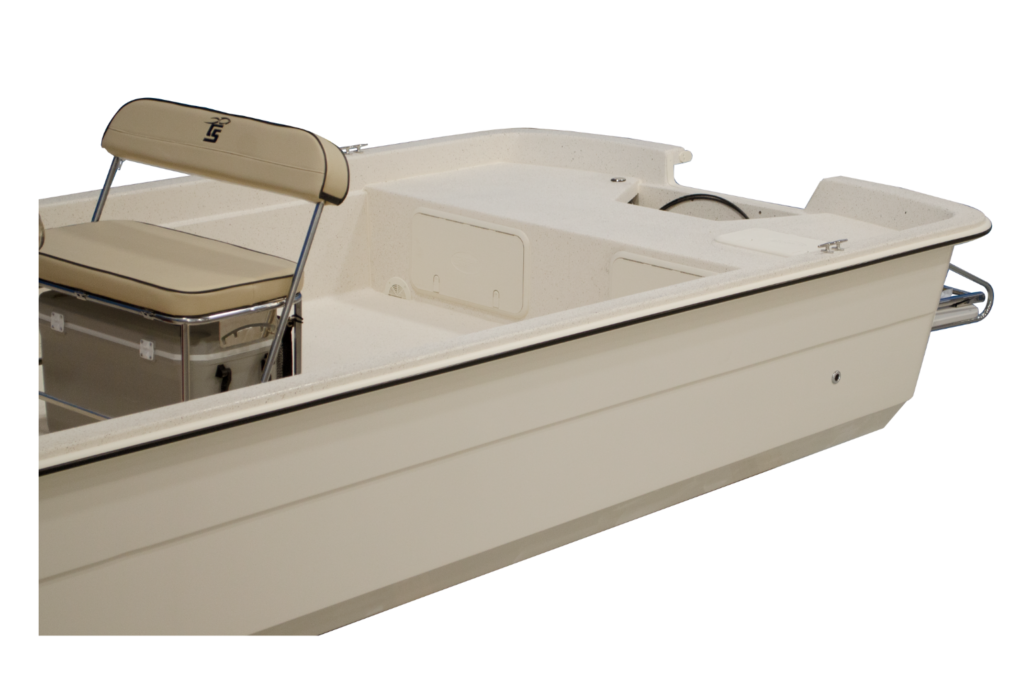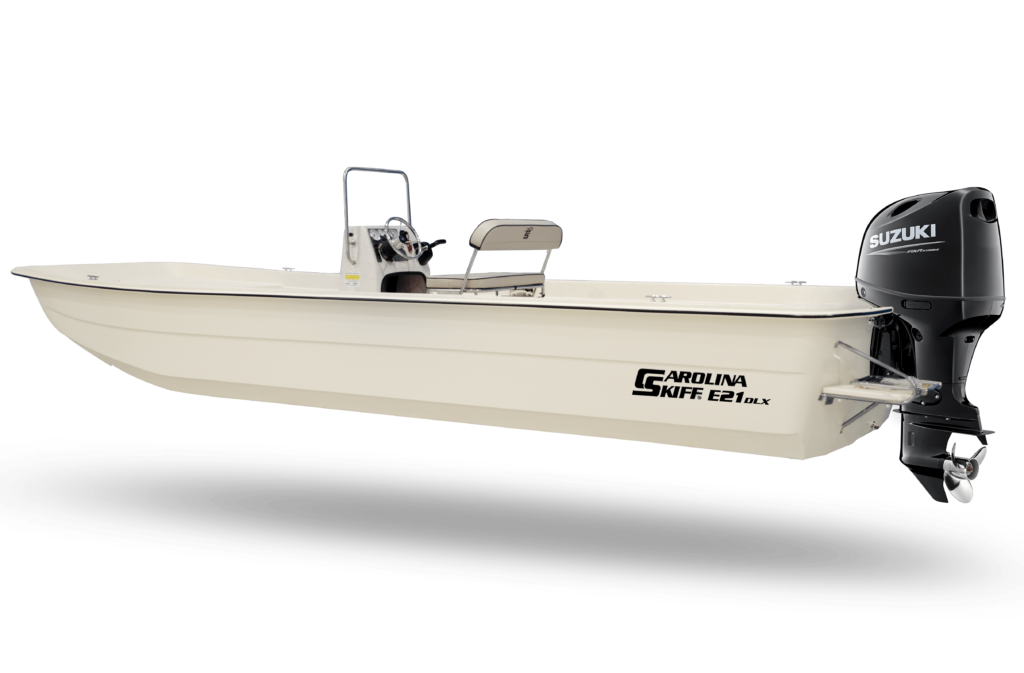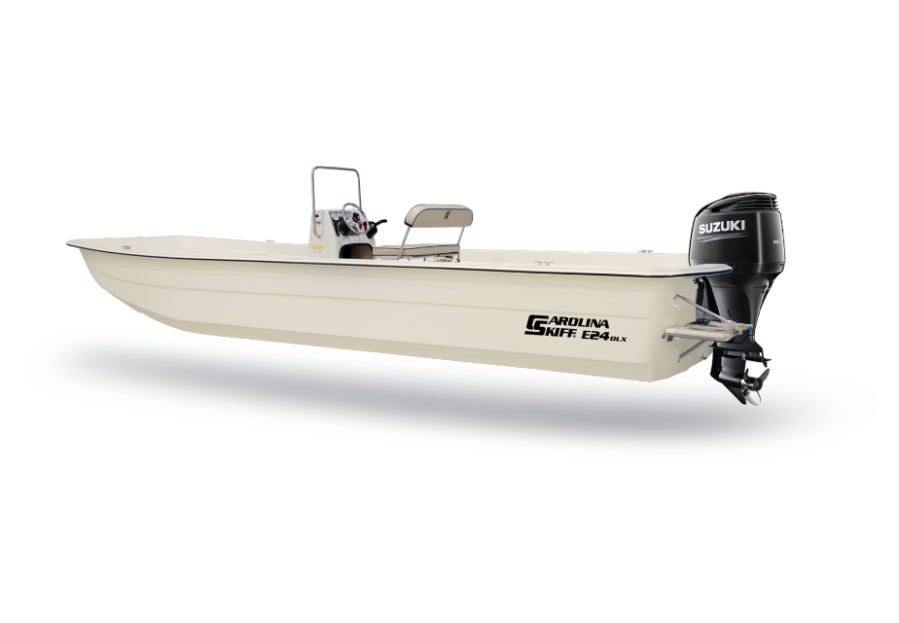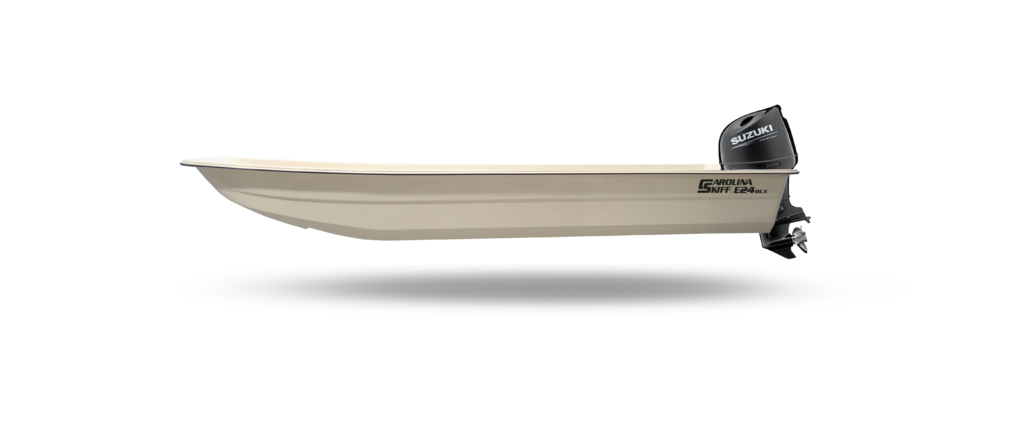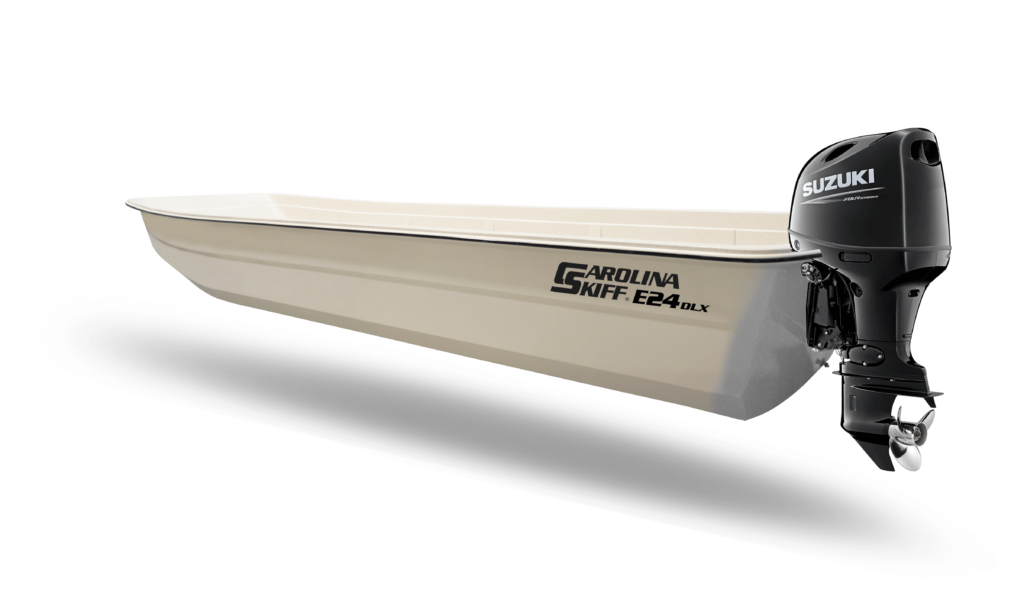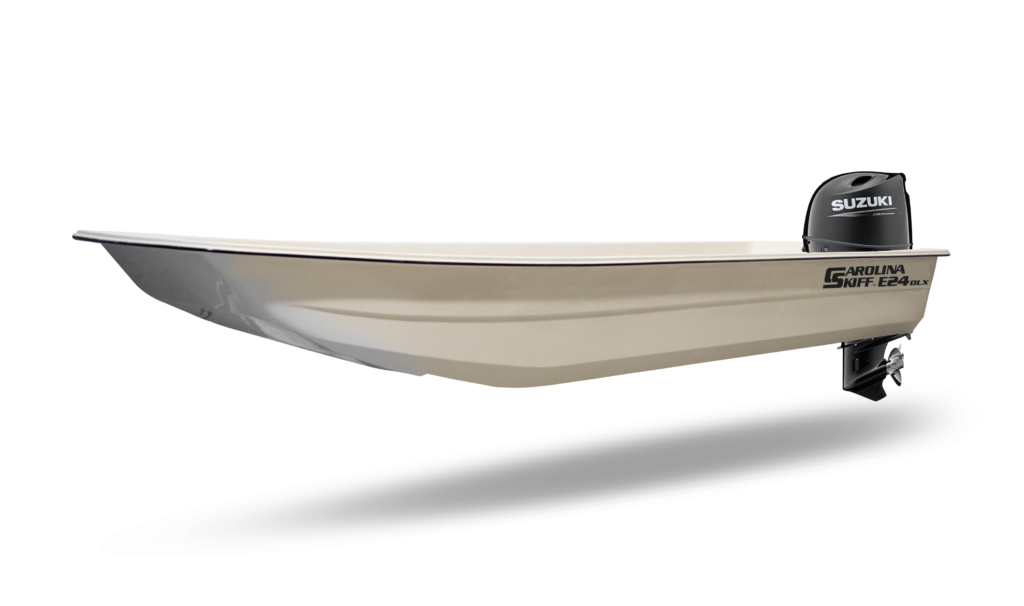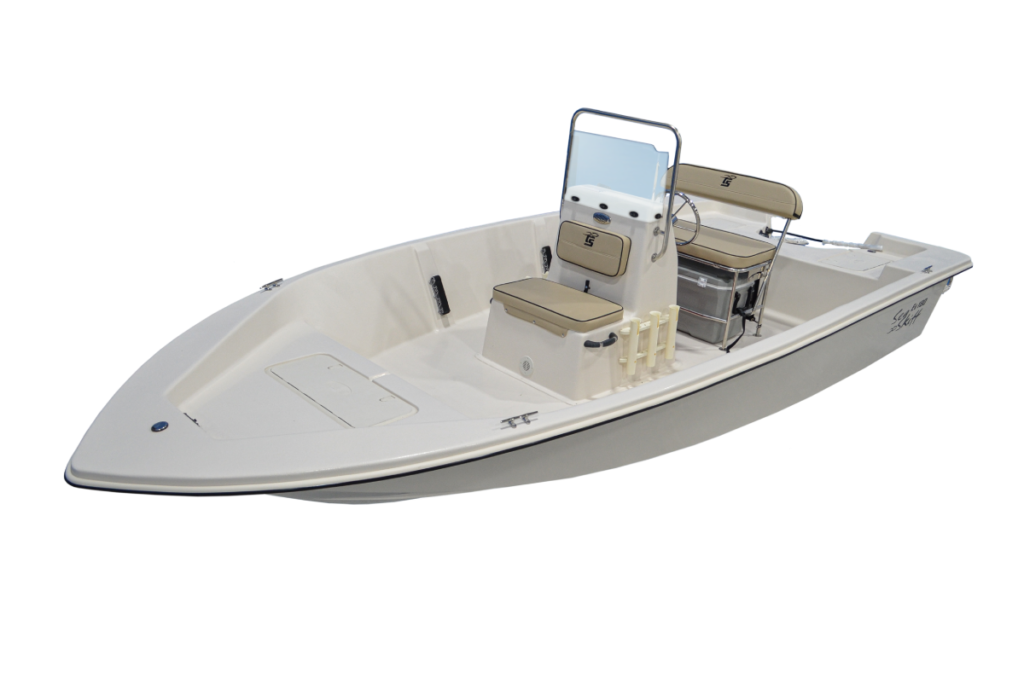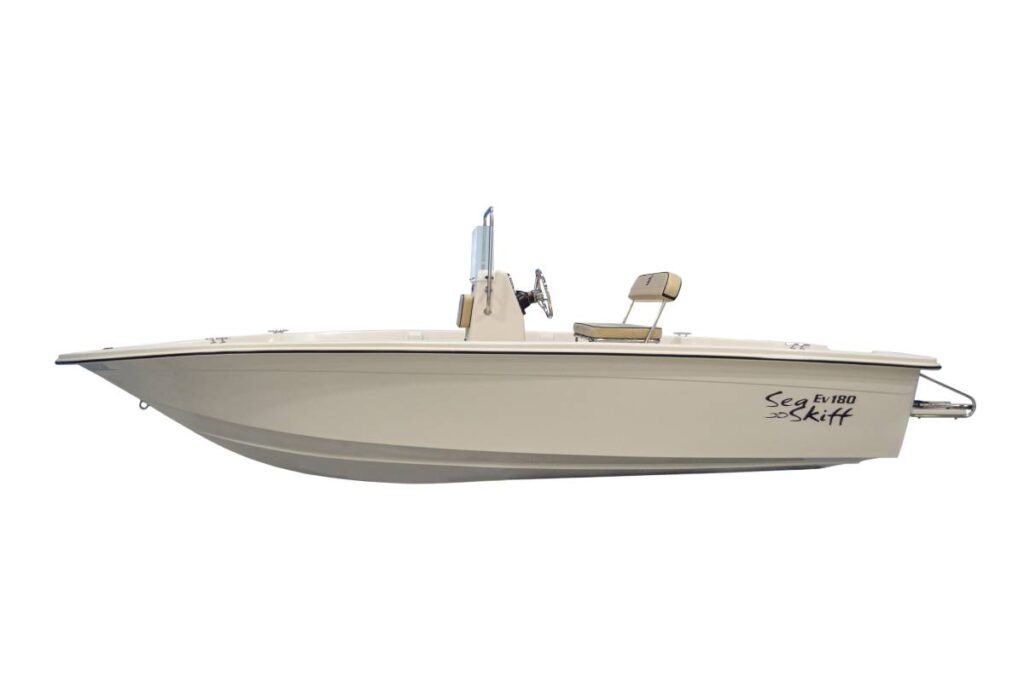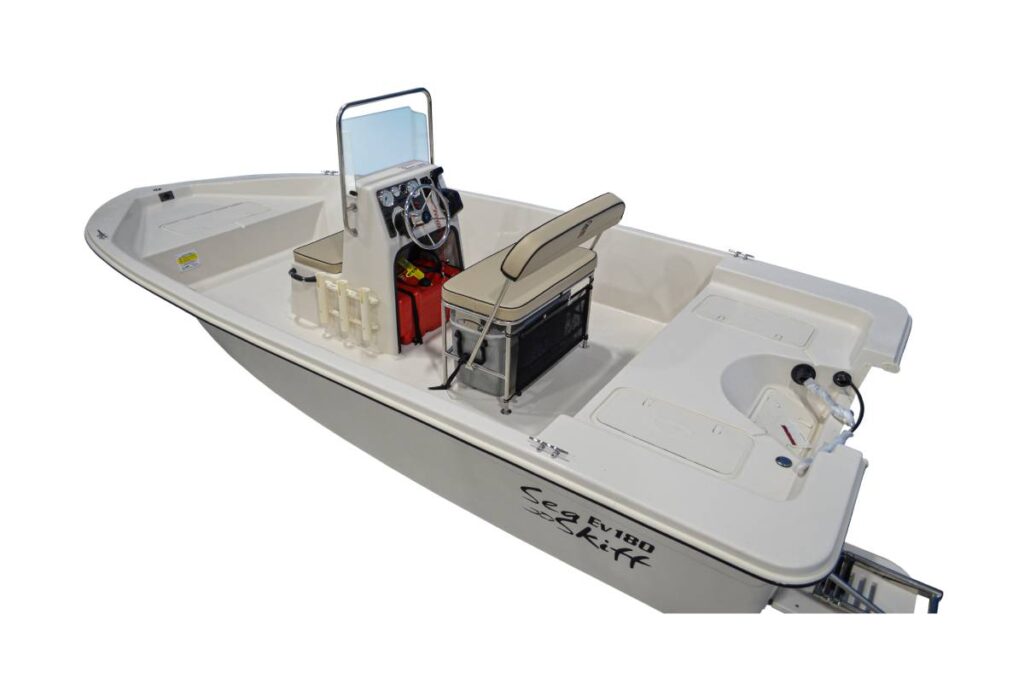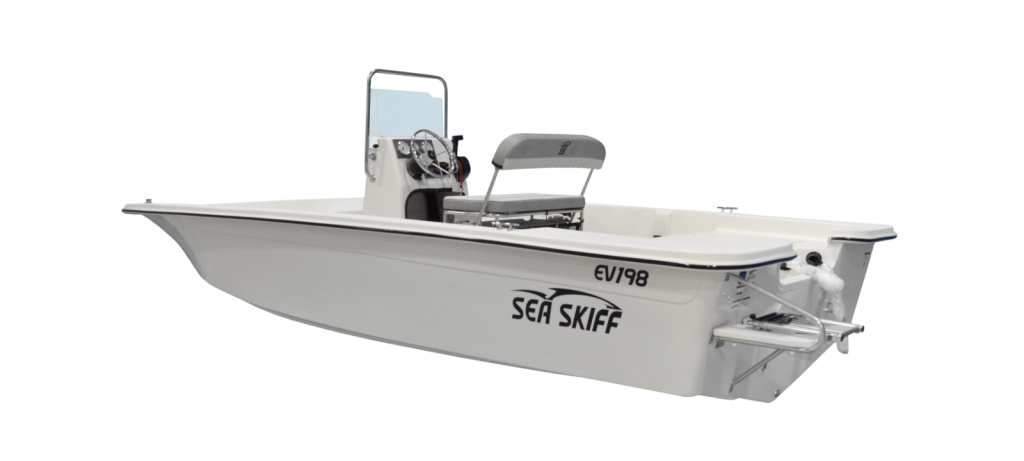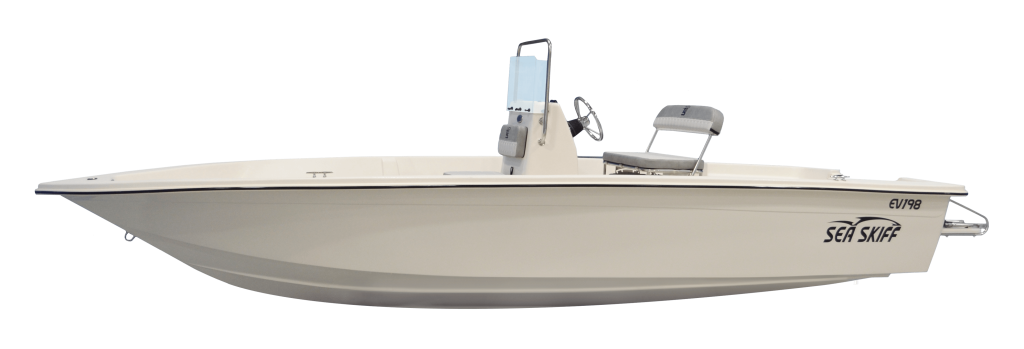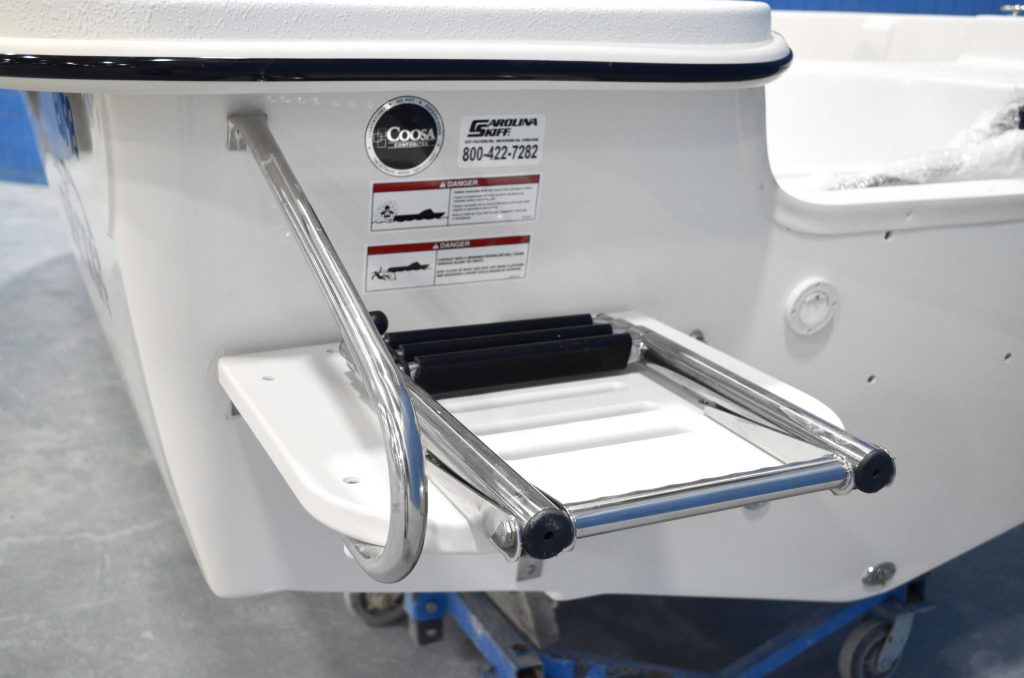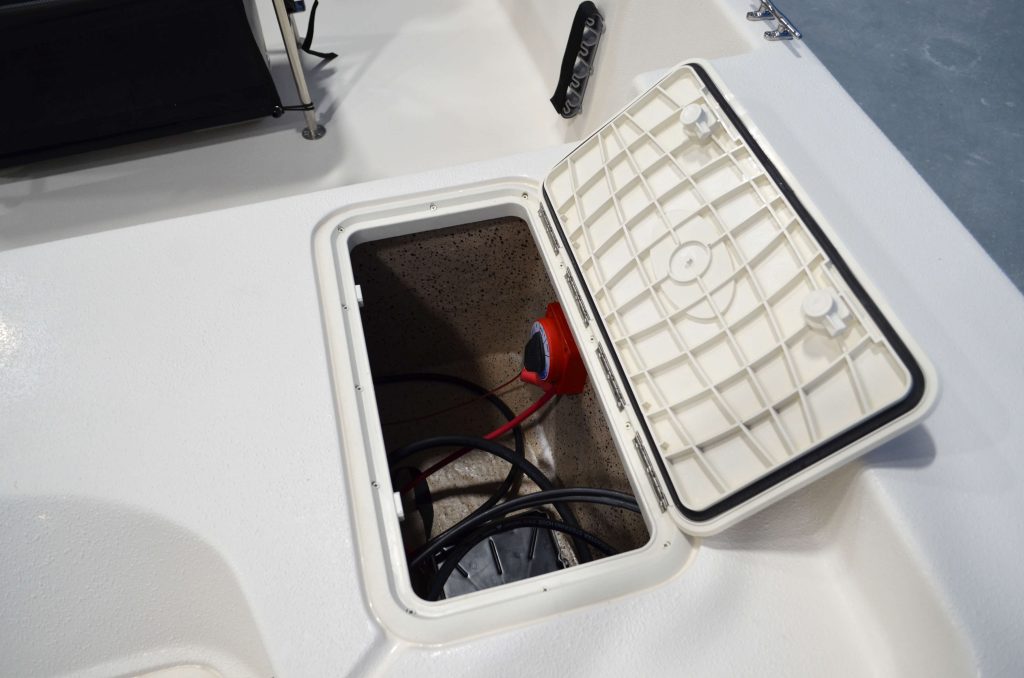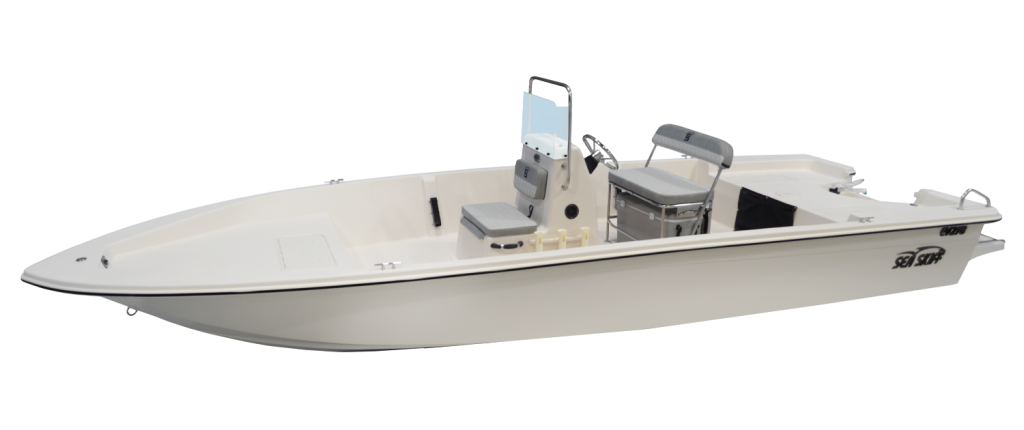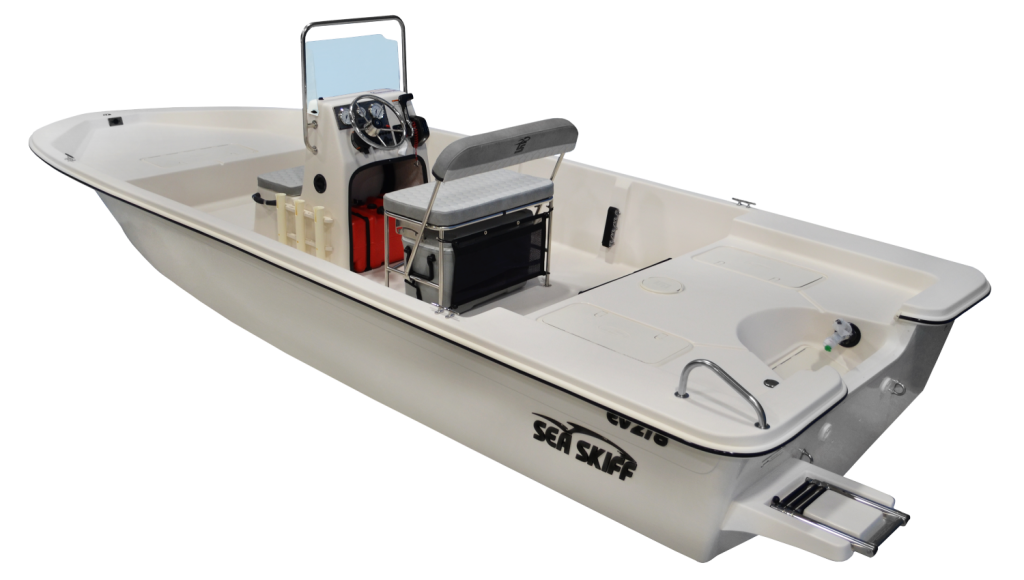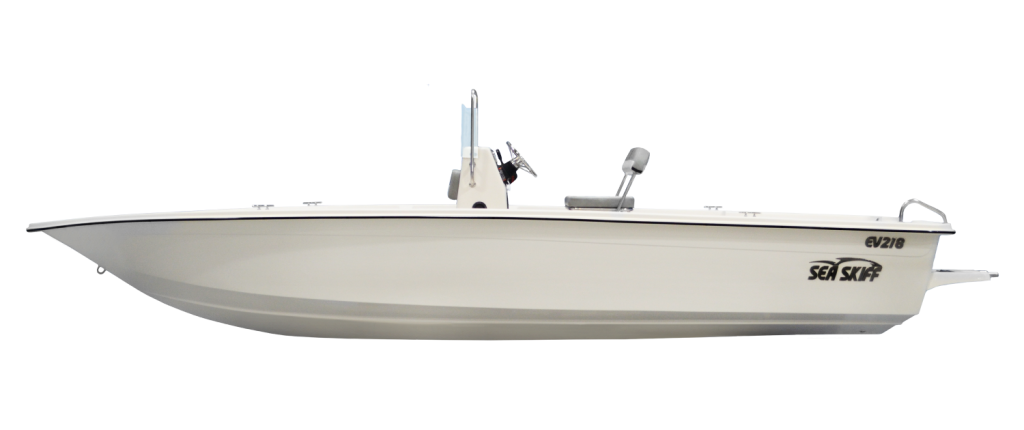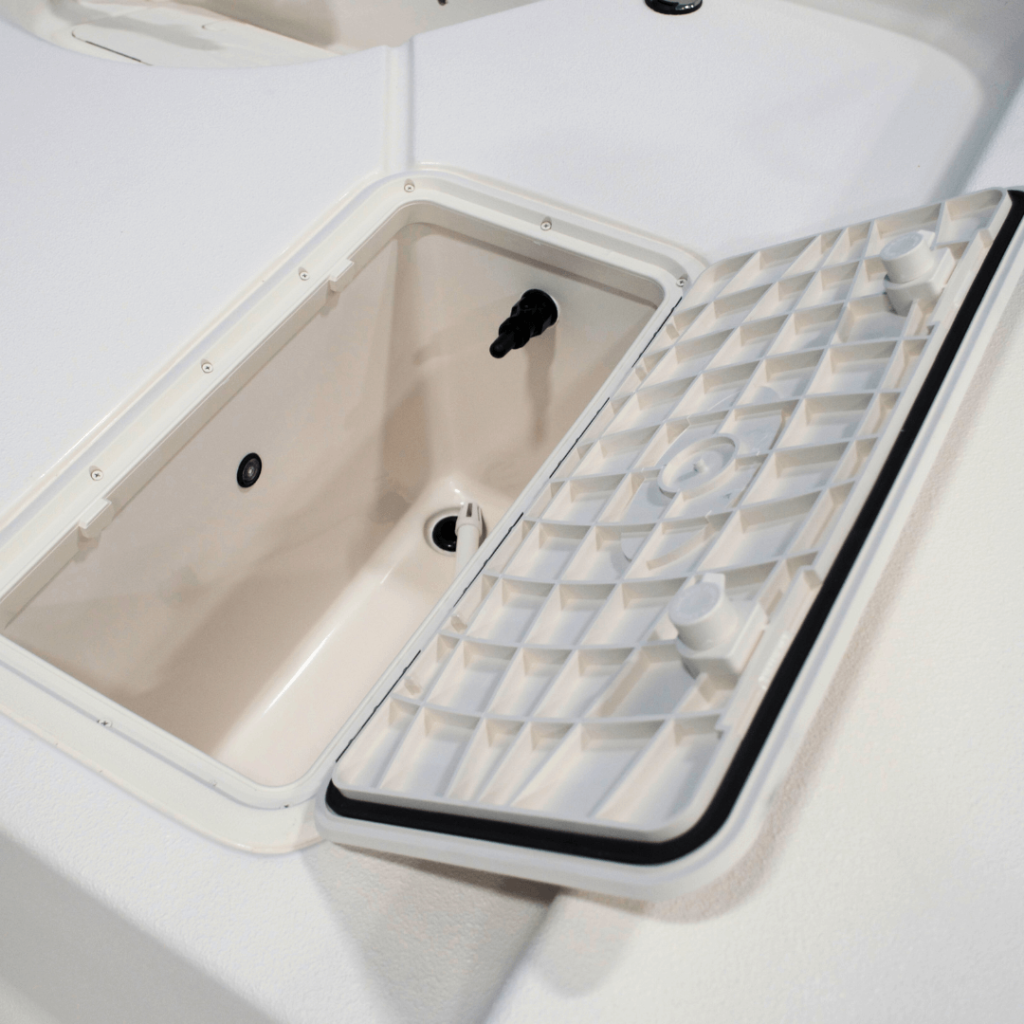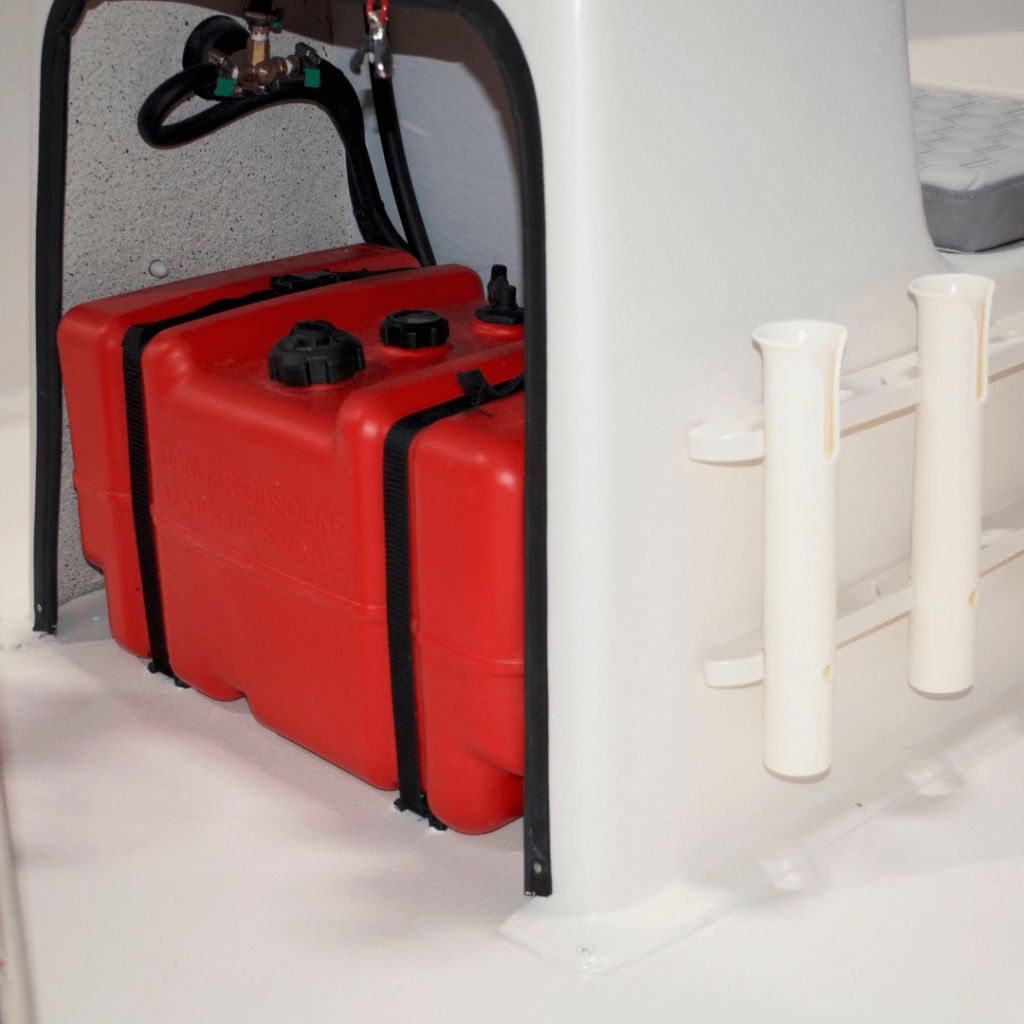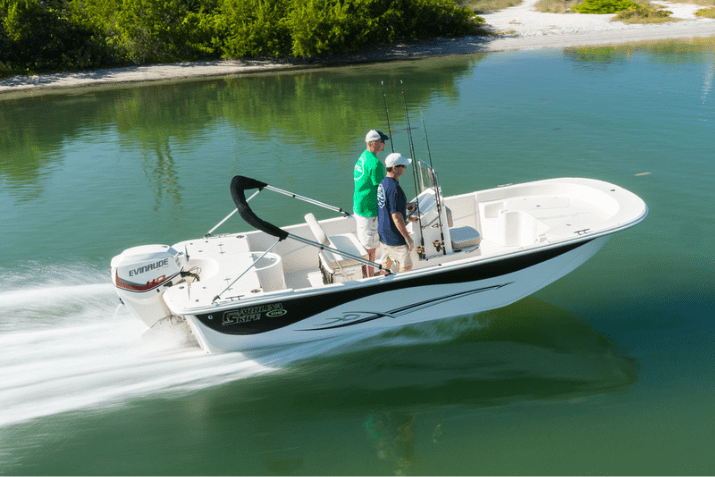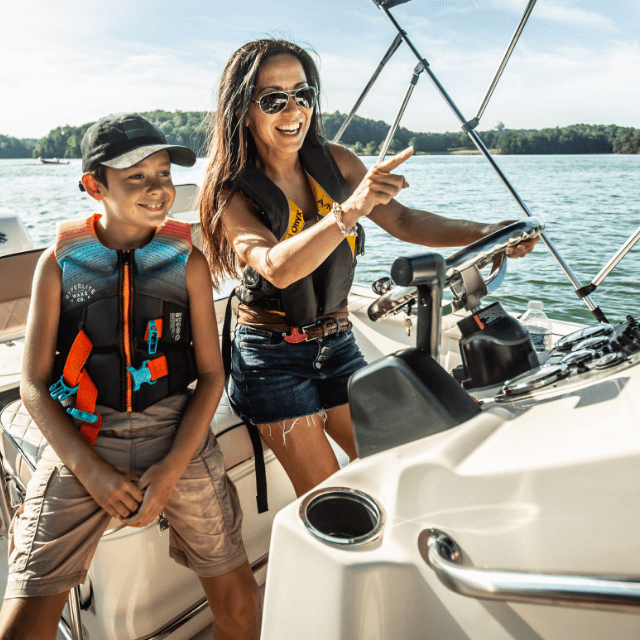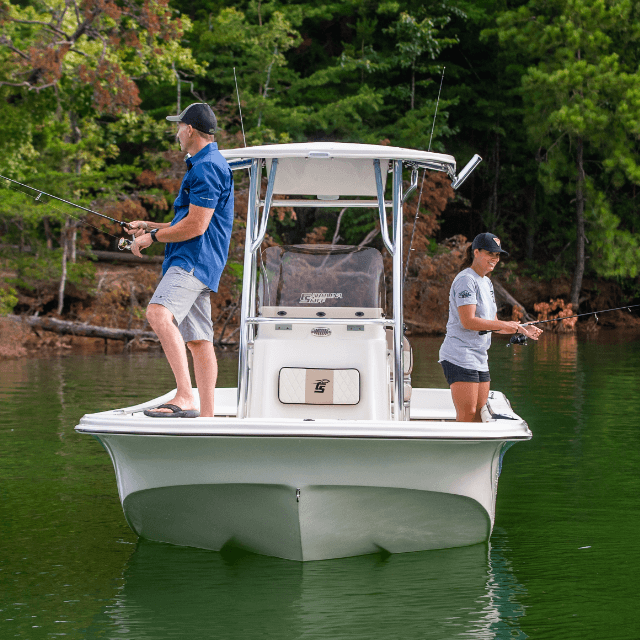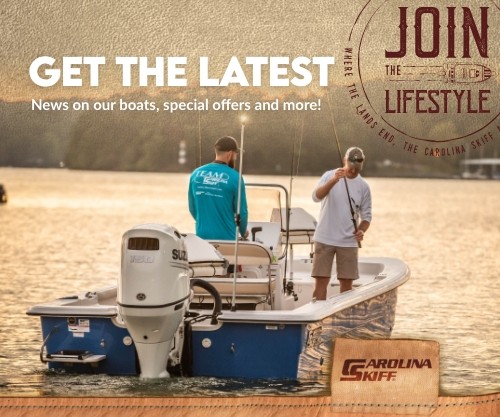For Carolina Skiff enthusiasts, boating means fun, fishing and cruising in our country’s beautiful lakes, rivers and offshore oases. But before you leave the dock this, it’s important to take a moment to review some crucial safety reminders.
LIFE JACKETS
Make sure you have a U.S. Coast Guard-approved life jacket for everyone onboard. And more importantly, make sure these life jackets are being worn. The U.S. Coast Guard [USCG] reports that half of all recreational boating fatalities happen in calm water, close to shore and are caused by drowning.
“In most cases, life jackets are stowed onboard but not worn,” reports the USCG.
If you’re not sure you have the correct jacket for your boating needs, the USCG has a free guide available online to help you choose the right life jacket for everyone onboard.
“If a life jacket fits properly, it will help keep your head above the water,” states the USCG. “Too big and the life jacket will ride up around your face. Too small, it will not be able to keep your body afloat.”
With these sizing tips in mind, adult-sized life jackets would not be safe for children.
The USCG suggests the following five tips to ensure a secure fit.
- Check the manufacturer’s label to ensure that the life jacket is a proper fit for your size and weight.
- Make sure the jacket is properly fastened.
- Hold your arms straight up over your head.
- Ask a friend to grasp the tops of the arm openings and gently pull up.
- Make sure there is no excess room above the openings and that the jacket does not ride up over your chin or face.
The USCG also has guidelines for choosing auto-inflatable life jackets, manual inflatable life jackets, belt pack inflatables and more types of floatable devices to enhance your safety on the water.
Beyond life jackets, there are other precautions you can take to ensure you’ll be safe on the water.
FLOAT PLAN
Discover Boating encourages boaters to develop a float plan to keep friends, family members and even staff at your local marina in the know about your boating plans, should you not arrive back when expected.
Your float plan should include the name, address and phone number of the trip leader, name and phone number of all passengers, boat type and registration number, trip itinerary, and the various types of communication and signal equipment onboard, such as an EPIRB or Personal Locator Beacon.
BOATING LAWS
For safe boating, it is also important to know your state boating laws and license requirements.
While there are a handful of states that have no mandatory boater education law (California, Arizona and Maine, for example), the vast majority of states do.
Florida law, for example, requires boat operators to be no younger than 14, and it is illegal to lease, hire or rent a personal watercraft to anyone under the age of 18. Additionally, Florida law requires all residents born after Jan. 1, 1988 who operate 10 horsepower watercrafts or greater carry a Florida Boating Safety Education Identification Card.
Find a free guide to your individual state boating laws here.
USE COMMON SENSE
Finally, before you hit the water this Independence Day, check your local weather and use common sense. Operate your boat at safe speeds while staying alert and avoiding drugs or alcohol. Nothing can ruin a day on the water more than a boating accident.
From all of us at Carolina Skiff, we wish you a happy, safe and enjoyable time on the water!

